


S T A T E B A R O F
S O U T H D A K O T A newsletter

Members will soon receive dues notices. Membership Fees are due by December 31, 2025







S T A T E B A R O F
S O U T H D A K O T A newsletter

Members will soon receive dues notices. Membership Fees are due by December 31, 2025



Behind every hero is a partner that helps protect them from the pitfalls of helping people. ALPS Insurance, the nation’s leader in insurance for solo and small law firms, offers easy, complete insurance solutions that keep you free to save the day.

alpsinsurance.com

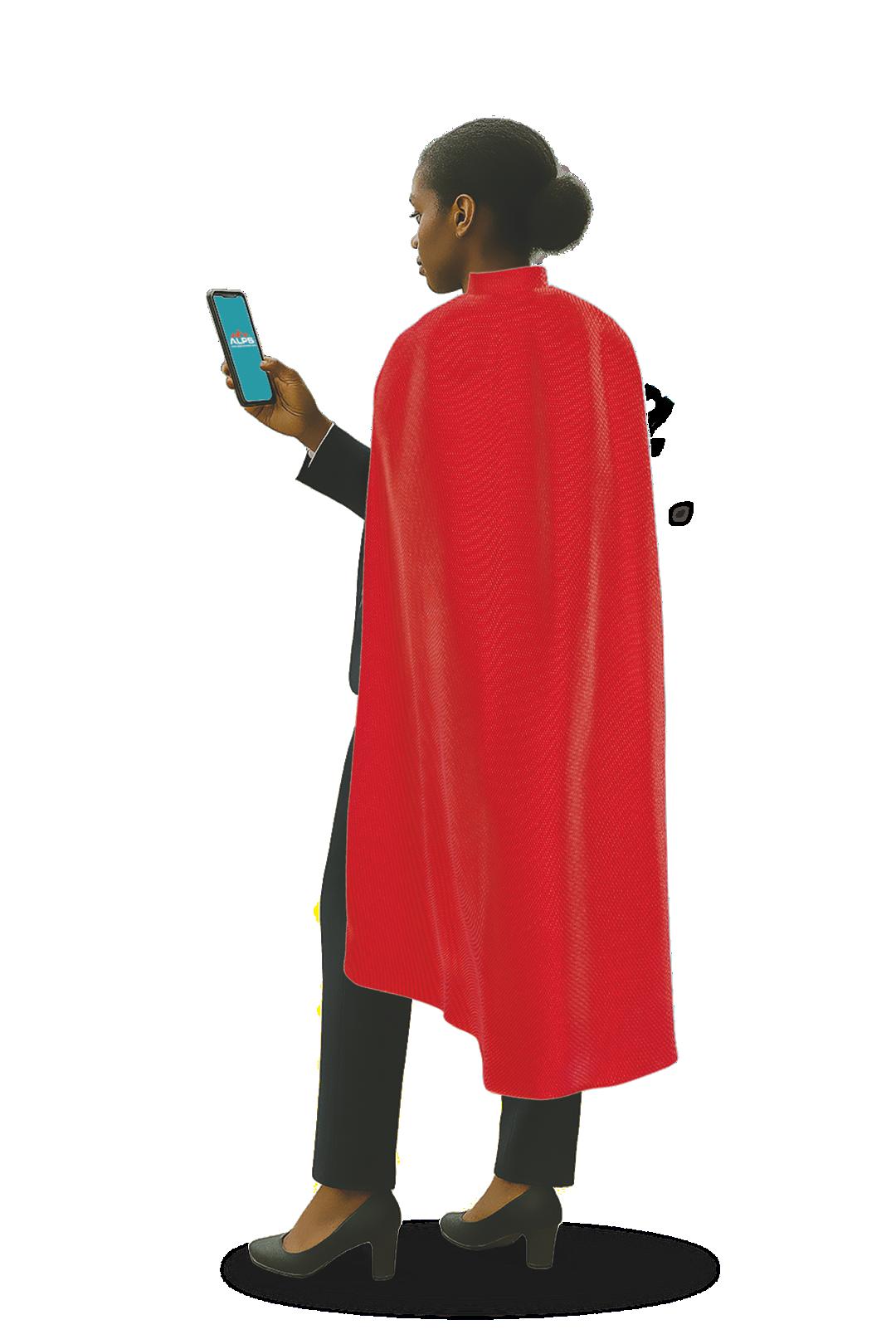
You are invited to provide ideas or concerns to State Bar Officers & Commissioners
President: John Richter, John.Richter@state.sd.us
President Elect: Mark Haigh, mhaigh@ehalawyers.com
Commissioners: 1 Cir- Justin Johnson, jjohnson@cityofmitchell.org st
2 Cir- Emily Maurice, emilym@halbachlawfirm.com nd
3 Cir- Anthony Teesdale, tony@teesdalelaw com rd
4 Cir- Kimberly Kinney, kim@kinney-law com th
5 Cir- Gerald McCabe, jerry.mccabe@state.sd.us th
6 Cir- Ellie Bailey, e.bailey@riterlaw.com th
7 Cir- Matthew Naasz, mnaasz@gpna.com th
At Large: 1 Cir- Teramie Hill, teramie.hill@usd.edu st
2 Cir- Amber Mulder, amber mulder@siouxfalls gov nd
4 Cir- Sarah Covington, sarah covington@westriverlawandmediation com th
5 Cir- Stacy Johnson, sjohnson@rwwsh.com th
6 Cir- Kristen Edwards, kristen.edwards@state.sd.us th
7 Cir- Steven Blair, steven.blair@state.sd.us th

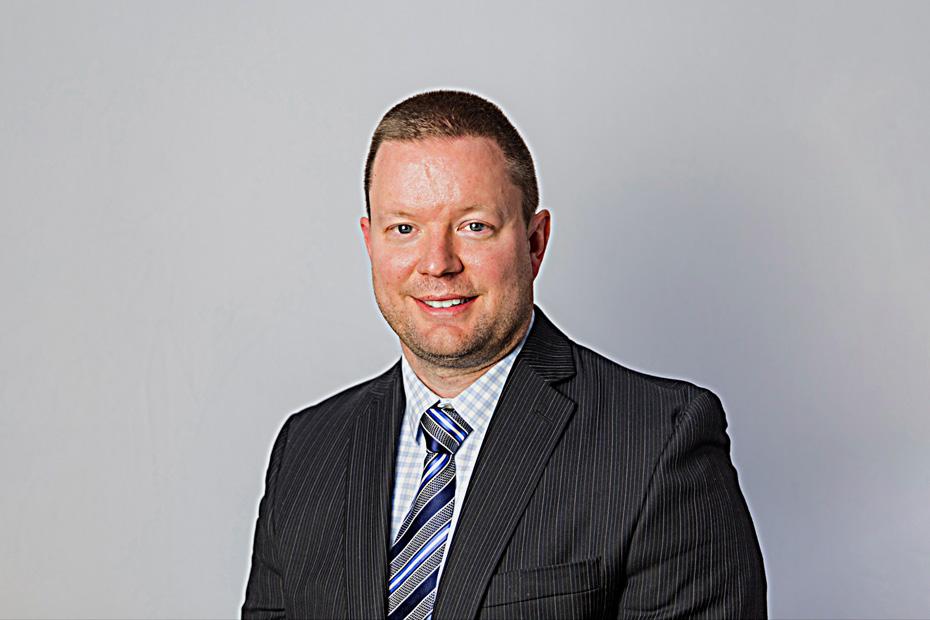

From John Richter, President of the State Bar of South Dakota
Dear Members of the State Bar,
This month, I want to reflect on two deeply intertwined themes: the success of our recent Sioux Falls mixer and the growing importance of well-being in our profession.
The Sioux Falls event built on the momentum of our July mixer in Fort Pierre, again bringing Bar members, leadership, and law students together. As with Fort Pierre, the Commission deliberately set aside the traditional Commissioner dinner in favor of a more inclusive gathering that welcomed a broader crosssection of our legal community.
We were especially honored to have Chief Justice Jensen join us for the evening. His presence and remarks were well-received and added a meaningful dimension to the event, further strengthening the relationship between the bench and the Bar.
The feedback has been overwhelmingly positive, and the results speak for themselves. We had 78 people registered for the Sioux Falls mixer, and the total cost was $1,687.66. For comparison, the July 2024 Commissioner and Young Lawyers Section board dinner in Sioux Falls cost $1,691.66 for just 19
attendees. Think about that: nearly the same cost but more than four times the Connection.
Members have shared how meaningful these events have been for networking and building a sense of belonging. One attendee reflected that they felt truly represented by Bar leadership for the first time in their career. Others expressed appreciation for reconnecting with colleagues they hadn’t seen in years and meeting new faces, including those new to South Dakota or just entering the profession. Several asked when the next mixer would be, noting how valuable it was to have a space where genuine connection could happen outside the pressures of daily practice.
One particularly powerful takeaway shared with me by a fellow Commissioner involved two attorneys who had recently relocated to South Dakota. Outside of their coworkers, this was the first event where they had been able to connect with other South Dakota attorneys. The mixer helped them feel less isolated after moving to a place without a support system. This kind of impact is exactly why these gatherings matter.
For those who have enjoyed these mixers, planning is underway for a unique opportunity to Connect in January. Stay tuned!
The day after our Sioux Falls Mixer, the Bar Commission gathered for its regular meeting. One of the most meaningful discussions came from the Strategic
Planning Committee, which emphasized that well-being must be a foundational priority for our profession, not an afterthought. Commissioner Tony Teesdale offered a timely and thoughtful reminder that true well-being is proactive, not reactive. He shared:
“In 2019, I joined the Brookings Fire Department. My son was just over a year old, and I was looking for something meaningful outside of work. What I found was 45 brothers and sisters who genuinely wanted the best for me. From day one, I noticed the poster on the fire hall door that says, “I didn’t see a way out. Then I reached out,” and experienced a culture built on looking out for each other. That line stuck with me. In both firefighting and law, resilience isn’t built by waiting for crisis; it’s built by staying connected before things go sideways. Earlier this year, I was diagnosed with testicular cancer. The treatment went well, but the hardest part was being forced to slow down. Not being able to work out or respond to calls hit me harder than I expected. During that time, the steady check-ins from peers, friends, and firefighters meant more than I can say. It reminded me how much strength comes from the people around us. What got me through was that network and the discipline to keep doing the small things that matter: sleep, food, movement, connection. I’ve learned to be purposeful about those things: protecting my time for my health, the people who keep me grounded, and the things that fill my cup. I want both longevity on this planet and longevity in this practice. You can have both, but it takes prioritization. Wellness built early, through connection and intention, is what keeps us showing up as our best selves for the long haul.”
Tony’s words resonated with many of us. Too often, we wait until a colleague is in crisis before offering support.
However, a healthier model focuses on the front end— building habits, relationships, and systems that help lawyers and law students thrive before they reach a breaking point.
We’re not alone in this effort. Across the country, other bars are taking meaningful steps to prioritize wellbeing. Some have launched peer connection circles to normalize open conversations about stress and burnout. Others have introduced CLEs focused on mindfulness, workload management, and ethical decision-making under pressure. Several have commissioned studies to better understand their members' mental health needs and have developed wellness modules for law students from day one.
Mental health doesn’t stop at the borders of the states that have adopted these programs. And neither should good ideas. As Bar leadership, the Commission will examine what’s working elsewhere and how we can adapt those successes to serve our members here in South Dakota. That includes integrating well-being into student engagement, mentoring, and leadership development. It also means listening to the voices in our own community. Connection alone isn’t enough. We must act.
Significant efforts are underway to support our members on the front end, and I look forward to sharing more soon!

John Richter
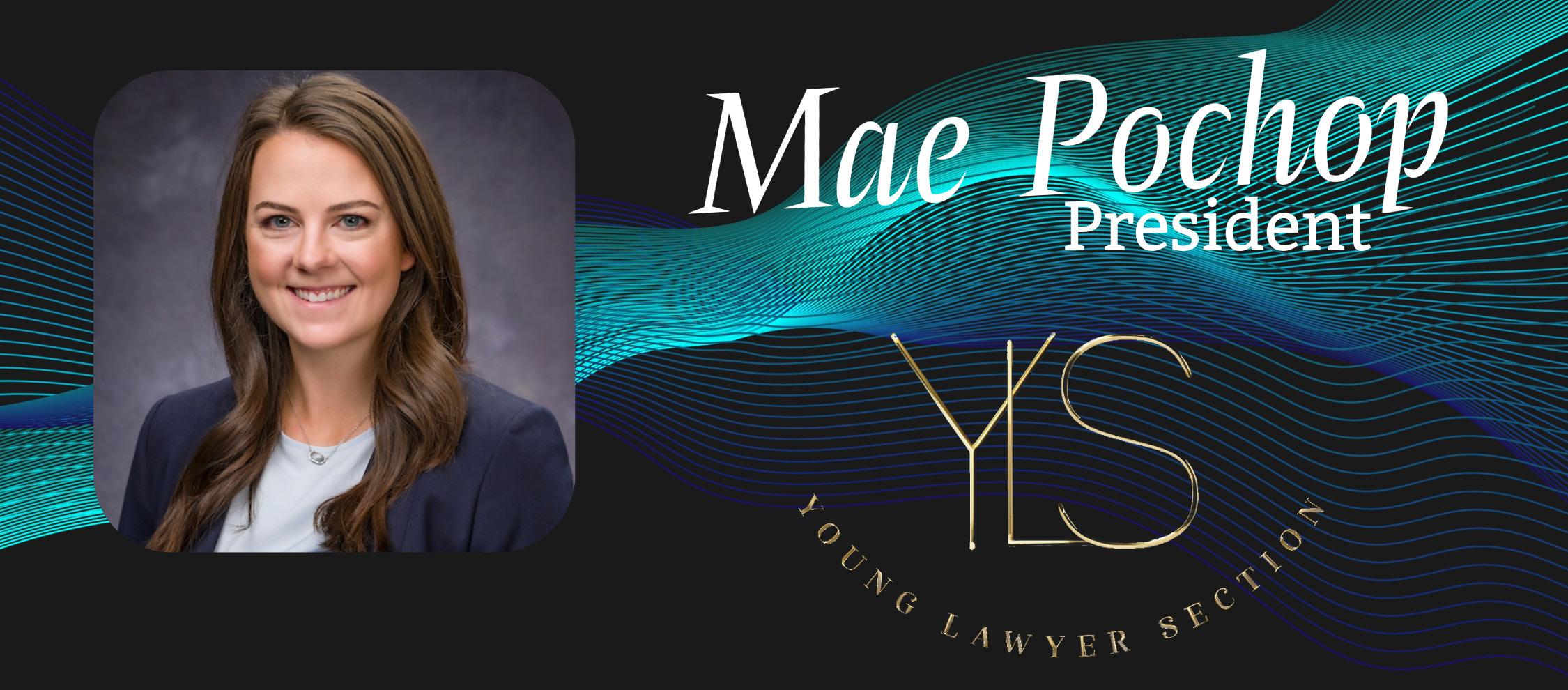
November is a time to focus on the many reasons we have to be grateful. For the opportunities, challenges, and people who shape our lives in the law. Gratitude, especially in a profession built on advocacy and service to others, has a unique power to ground us and remind us why we chose this path.
This season of thanksgiving offers a chance to acknowledge what sustains us: mentors who took the time to guide us, clients who trusted us with their most important matters, challenges that taught us something, and the broader legal community that connects us all. As young lawyers, each step in our journey is shaped by the support of others and growth from new experiences. Gratitude not only honors that truth, but it also deepens our sense of purpose, progress, and professionalism.
Gratitude is a professional strength. It reminds us that law is not practiced in isolation, but through relationships - with clients, colleagues, judges, and communities. A simple expression of thanks can shift the tone of an interaction, foster civility in a tense moment, or strengthen the trust that underlies good advocacy. In a field that often rewards precision and argument, gratitude invites humility. It helps us see the people behind every case and conversation.
Practicing gratitude as lawyers doesn’t diminish our ambition. It encourages us to lead with respect, to recognize the contributions of others, and to create workplaces where young attorneys feel seen and valued. In that way, gratitude becomes more than a feeling - it becomes a quiet act of leadership.
Gratitude also gives us perspective. It allows us to see growth even in moments that felt difficult at the time. Every young lawyer has faced setbacks and trudged through conversations while feeling unsure. Gratitude helps us recognize these experiences not as failures or permanent feelings, but as opportunities to become more capable and confident.
When we approach our careers with a grateful mindset, we shift from striving for perfection to striving for progress. We learn to appreciate the process. Gratitude turns daily work into a reminder of purpose, helping us stay grounded amid the constant pace and pressure of the profession.
Taking time to reflect on what we’ve learned, who we’ve learned from, and how far we’ve come can renew our motivation. Gratitude, after all, is not just a feeling for what has been, but a source of energy for what’s still to come.
- Mae Pochop, President, Young Lawyers Section
Meet your


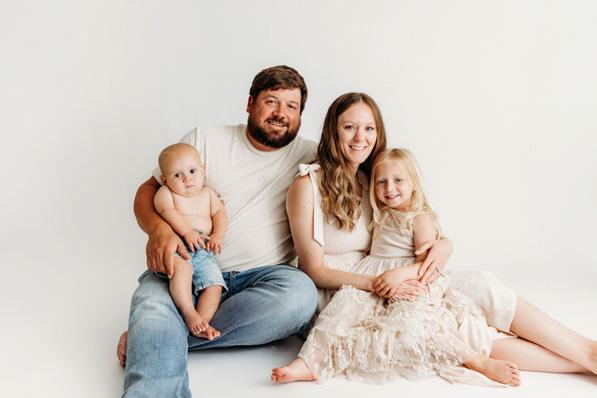
Jacob Dawson 3rd Circuit Representative
Interview with YLS 3rd Circuit Representative Jacob Dawson:
Where you grew up: Howard, South Dakota.
Where you went to undergrad and law school: I went to 2 years of undergrad at Mount Marty College, and Graduated from USD with a degree in Chemistry and Minor in Biology; and then went right into law school at the U!
Where and what you practice: Madison, SD. My practice is largely general practice, doing quite a bit of family law, criminal law, trusts and wills, and various other civil litigation as both plaintiff and defense counsel.
What is your favorite local restaurant or café? In Madison, the Office Bar and Grill! Great Pizza! In Sioux Falls, I love Goodcents Subs on Cliff. The bread is always fresh hand sliced meat and cheese for the win.
Tell us about your family: My wife, Rachel, and I have been married since 2017, when I graduated law school. She was a teacher until a few years ago, and now works for the Madison Chamber of Commerce and we both spend a lot of time with our 3 year old girl and 1 year old boy.
Favorite book, movie, or TV show? Book: “But What If We’re Wrong?” By Chuck Klosterman – a book about challenging accepted ideas we take for granted as true. Movie: Probably Interstellar by Chris Nolan – I love sci-fi, and I can’t remember a film I’ve seen since that I walked out of in a trance from the film like that since.
TV Show – Probably Breaking Bad – scratches a chemistry itch and I’m a sucker for a good crime drama. What is one challenge you didn’t expect starting out as a lawyer? I think the hardest part about the job that is tough to learn is to zealously advocate for our clients, and be passionate about the results, but not internalize too much their specific problems (or results)! It took a while for me to learn the balance and not feel as though I “let my client” down, even if the result was predictable and unfavorable.
What’s the most rewarding part of your practice so far? I think the most rewarding part of my practice that happens fairly regularly is helping folks to make an estate plan, and make sure that their concerns and anxieties about those issues are addressed and planned for. Many folks stress about those things and talking through the process and making a plan to handle it often leads to great feelings of relief and accomplishment for both myself and the clients.
What do you enjoy most about being part of the legal community in South Dakota? I like that in large part, our bar is one where a bit of advice is just a phone call away. Starting out in practice, I did rely a great deal on lawyers who may not have been in my firm, but were open to just discussing the problems I was working through, whether procedural or substantive issues, or even just managing client expectations. Even though most do find a “circle” of trusted advisors, I feel like most attorneys in our bar are quite receptive and happy to talk through issues another attorney might be facing, which I feel only strengthens our bar and ability to effectively serve the public.
Why do you think YLS is important for young attorneys? I think YLS is important for the community it can help to build for young lawyers, to reach out with some of the questions or issues I mentioned above, but to let young lawyers know that beyond that, probably every attorney has needed a bit of good advice here or there. Encouraging that, and attendance at CLE’s only help to make the practice a more enjoyable one for younger attorneys.
What do you hope to accomplish as part of the Young Lawyers board? I may sound a little bit repetitive, but I can’t stress enough that having a mentor, whether through the Hagemann Morris Mentor program, or even less formal relationships like that, can help a young lawyer so much. I think having a sounding board, and utilizing it, without fear of coming off as not knowledgeable, or naïve, helps young lawyers to become more competent, and reduce the anxiety a young lawyer feels as a part of learning how to go about being the best attorney they can be. I hope to accomplish continuing to promote and grow the receptiveness of the older members of the bar to be that sounding board, and encourage young lawyers to seek such guidance and advice.
Tell us about an influential mentor in your life: I have so many I could name, but two lawyers in Madison have given me a great deal of great mentorship in my first several years of practice; Wilson Kleibacker and Dick Ericsson. Wilson is a partner in my firm, and Dick is just down the road. Both have helped me talk through interacting with judges, clients, adverse parties, and how to approach everyday legal problems that our clients face with a common sense approach and legal application to help get the best result possible. I hope that every young lawyer in our bar finds a mentor or two that can help in the way I’ve received from these two, and many others in the bar I’ve consulted over the years.
Sustaining Life Fe�low - $50,000 plus Fe�lows of the South
Fred & Luella Cozad
Diamond Fe�lows - $10,000 plus
Thomas C. Barnett, Jr.
P. Daniel Donohue
Robert E. Hayes
Scott N. Heidepriem
Andrew J. Knutson
David L. Knudson
Robert A. Martin
Kimberley A. Mortenson
Dale E. Froehlick
Platinum Fe�lows - $10,000
Hon. Richard H. Battey
Melissa Nicholson Breit
Chet Groseclose
Hon. John B. Jones
Jerome B. Lammers
Scott C. Moses
Charles L. Riter
William Spiry
Hon. Jack R. Von Wald
Dana J. Frohling
Gold Fe�lows - $5,000
Renee H. Christensen
Richard A. Cutler
William F. Day, Jr.
David J. King
Richard L. Kolker
Kimberley A. Mortenson
Timothy J. Rensch
Michael Sharp
Neil Fulton
Hon. Bobbi J. Rank
Timothy J. Rensch
Lori D. Skibbie
Life Fe�low - $25,000 plus
Frank L. Farrar
Gregory A. Yates
John P. Blackburn
Heather Lammers Bogard
Richard D. Casey
Hon. Michael Day
Robert B. Frieberg
Thomas H. Frieberg
Thomas G. Fritz
William C. Garry
David A. Gerdes
Hon. David R. Gienapp
Patrick G. Goetzinger
G. Verne Goodsell
Robert E. Hayes
Terry L. Hofer
Steven K. Huff

Presidential Fe�lows - $10,000
Carleton R. “Tex” Hoy
Hon. Charles B. Kornmann
Lisa Hansen Marso
Bob Morris
Thomas J. Nicholson
Gary J. Pashby
Stephanie E. Pochop
Reed A. Rasmussen
Pamela R. Reiter
Robert C. Riter, Jr.
Eric C. Schulte
Jeffrey T. Sveen
Charles M. Thompson
Richard L. Travis
Thomas J. Welk
Terry G. Westergaard
Silver Fe�lows - $1,000 (per year) Fe�lows - $500 (per year)
Hon. John Bastian
Hon. John L. Brown
Mary Jane Cleary
Paul L. Cremer
Andrew L. Fergel
Michael S. Fischer
Tom E. Geu
Rodrick L. Tobin

Craig A. Kennedy
Denise Langley
Hon. Judith K. Meierhenry
Hon. Robert A. Miller
Robert C. Riter, Jr.
Jason R.F. Sutton
Lea Wroblewski
Raising the Bar: Our Profession. Our Responsibility.


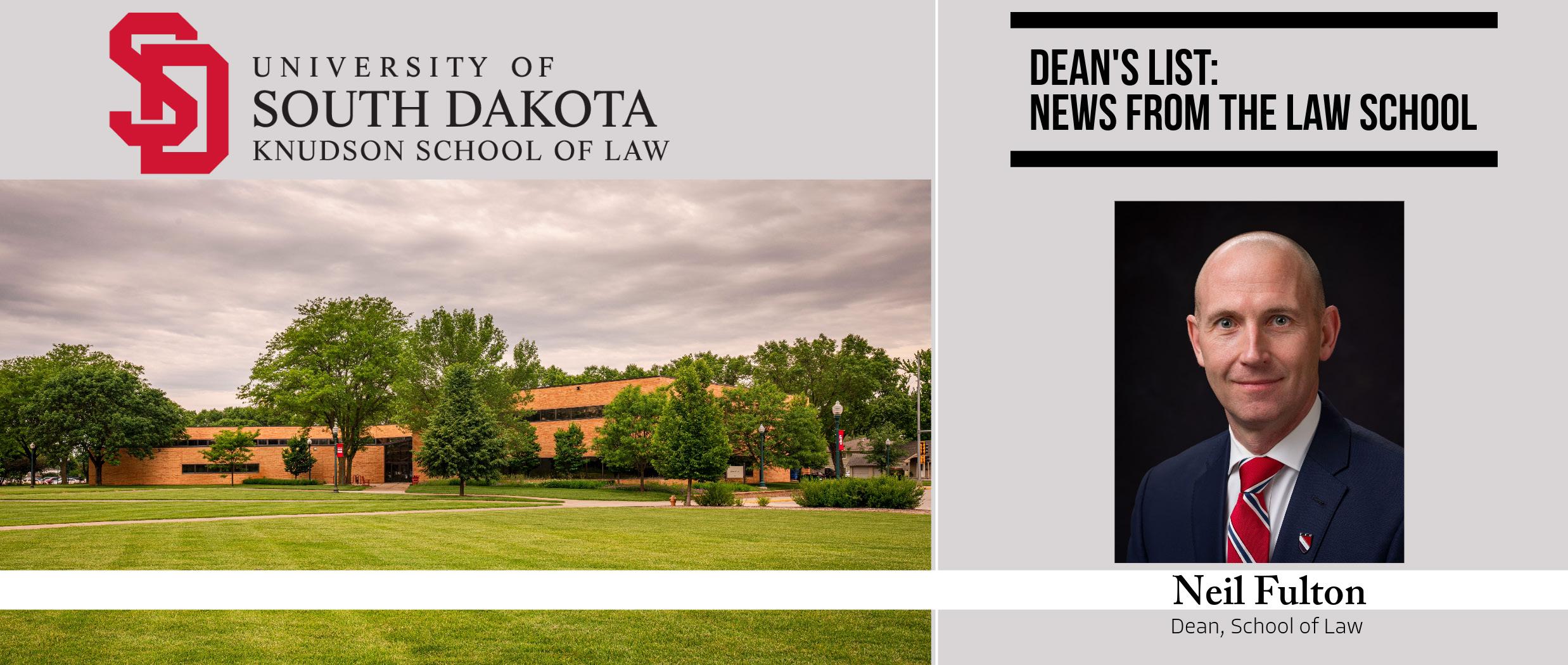
I cannot help thinking about how fall is a time full of traditions. Doubtless this thought is driven by the fact that, as I write this, Molly and I have just been home to Mom and Dad’s ranch with our sons to enjoy the opening day of pheasant season. I know this is a great tradition among many South Dakota families. I also look forward to Thanksgiving and another trip to the ranch to go deer hunting. I think too about Christmas and New Year's being on the radar, if yet a bit distantly. For my family, these are all treasured traditions that come to mind as fall comes around. I suspect that most of you have significant family traditions that fill your falls as well.
Fall is also a time of significant tradition around the Law School. We enjoyed two of our great traditions in October. I want to devote this month's column to those traditions and some special people connected to them.
First, Dakota Days is an annual opportunity to welcome many alumni and friends back to campus. Homecoming, by whatever name it goes, is a fantastic tradition among high schools and universities in South Dakota. Little is more fun than seeing alumni come home to reminisce, engage with the next generation of students, and see all the new developments around campus. D-Days is that tradition here.
This year was a particularly gratifying D-Days here as we saw our alumni honored by USD for their achievements. At the Unleash Your Legacy gala on Friday evening of Dakota Days, Doyle Estes was recognized as this year’s
USD Legacy award recipient. After graduating from the Law School, Doyle began work as an assistant attorney general. In the decades since, he has built a long and distinguished career as a lawyer and businessman in Rapid City and beyond. Doyle has remained deeply connected to USD and the Law School ever since he arrived on campus from Wall years ago. Doyle and his wife Kathryn Johnson have been consistent supporters of higher education with their time, talent, and treasure. It was a pleasure to see Doyle’s example of what the arc of a lawyer's career can do to positively shape the community around them celebrated and offered as an example for the next generation of lawyer-leaders. Congratulations Doyle.
The same evening, we saw the Riter Family honored as USD’s Legacy Family of the Year. The Riter Family began its connection with Law School in 1932 when R.C. Riter was the first of three generations of Riter’s to matriculate into the Law School. They have been a model of our values of excellence, service, and leadership ever since. The Riter Family have been stalwart champions of the Law School and the legal profession and models of what lawyers can and should be. Their example of loving family connection and investment in higher education to build a better life is inspiring. Molly and I have been incredibly fortunate to count the Riters as friends and supporters both personally and professionally. It is hard to think of a family more steeped in Law School tradition than the Riter Family. Congratulations to you all.
Along with these celebrations, Dakota Days was filled with Law School traditions as usual. It was a pleasure to see so many of you at the parade, tailgate, and other Dakota Days events.
Another October tradition at the Law School is a visit by the South Dakota Supreme Court. The Court was here in early October for two days of oral arguments and one day of non-oral cases. This is a highlight of the year, and the Courtroom was full (a little overfull actually, as some students were forced to sit in the balcony aisles) of law students and undergraduates interested in law school. The Supreme Court gave generously of their time. They mingled with students at an evening reception hosted by Project Rural Practice, Young Lawyers Section, and the South Dakota Defense Lawyers. The Justices also participated in a panel discussion for students that I facilitated. Every year students comment about how inspiring it is to see the work of the Court firsthand. It was particularly inspiring for students to see several recent graduates, not much older than them, give their first arguments to the Court and perform brilliantly. Students realized in a way that we cannot adequately explain how close and real their futures are. Students also express deep appreciation that the Justices engage them personally at these events. That too makes a massive impact on students and is an experience not available to students at most law schools. It takes time and energy for the Court to go on the road; we are deeply appreciative that they may coming to the Law School and engaging our community a priority every fall. Thank you.


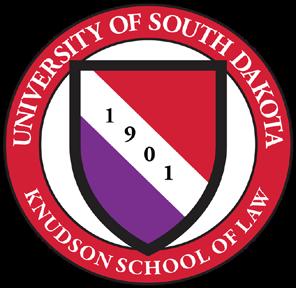



This visit by the Supreme Court was bittersweet because we celebrated the final term of court here for Justice Janine Kern. Her impending retirement means that this term was Justice Kern’s final visit as an active Justice, but we are grateful that she made clear that she will be no stranger to the law school in retirement. Justice Kearn’s family has been active in the South Dakota legal community for almost as long as the law school has existed. She has been a great friend to the Law School and a great inspiration to students. The South Dakota Law Review will honor her more fully at this spring’s Law Review banquet. It was a joy to celebrate this milestone as well, and members of the Moot Court board joined me and the other Justices in recognizing Justice Kern at the reception. Thank you, Justice Kern, for all your service to South Dakota and your support of the Law School. We will miss the tradition of welcoming you each fall but are excited about your next chapter.
An amazing thing about working at the Law School is that every fall is new and different but connected across time by our traditions. Traditions give our community of excellence, service, and leadership exceptional life and continuity. I hope that your falls are likewise filled with happy traditions among family and friends.
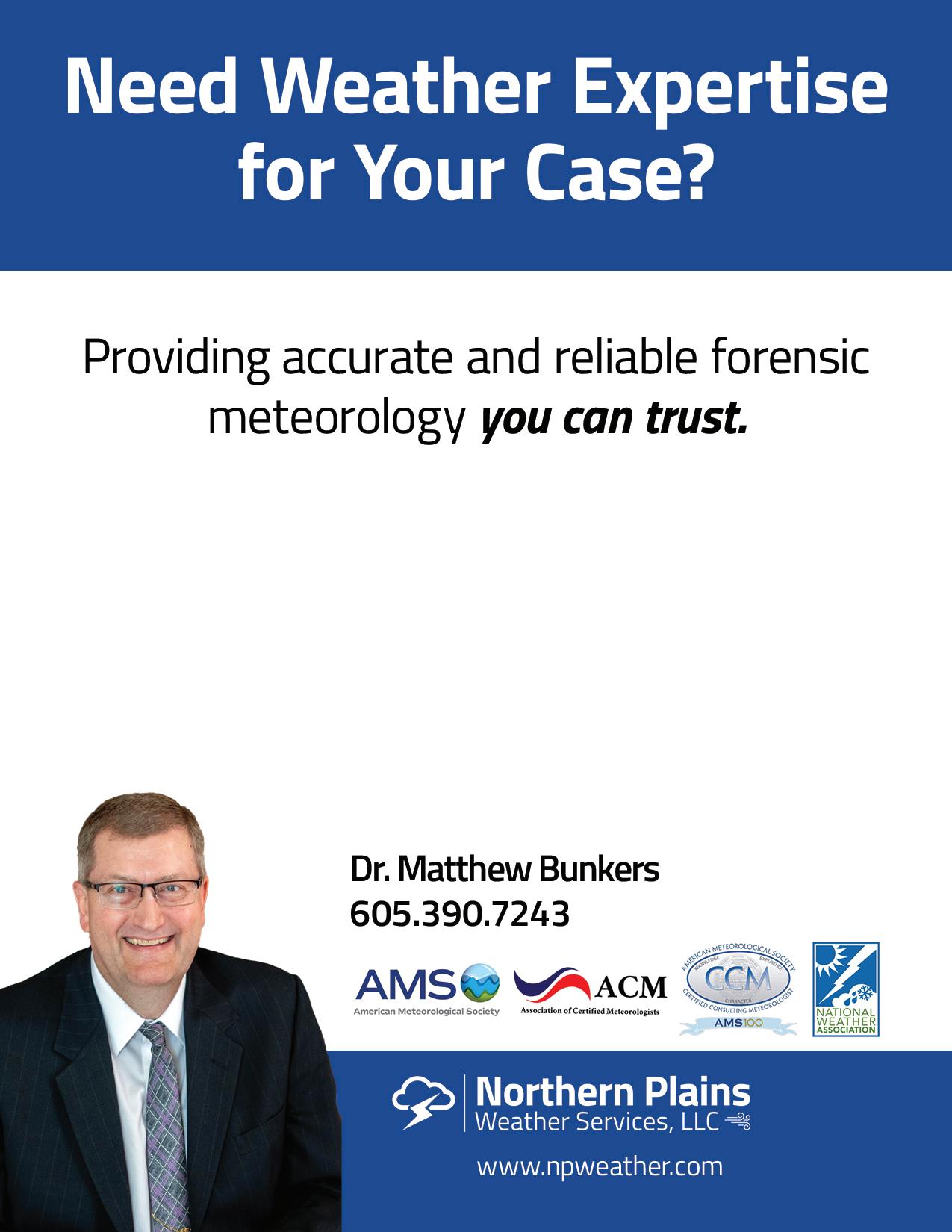



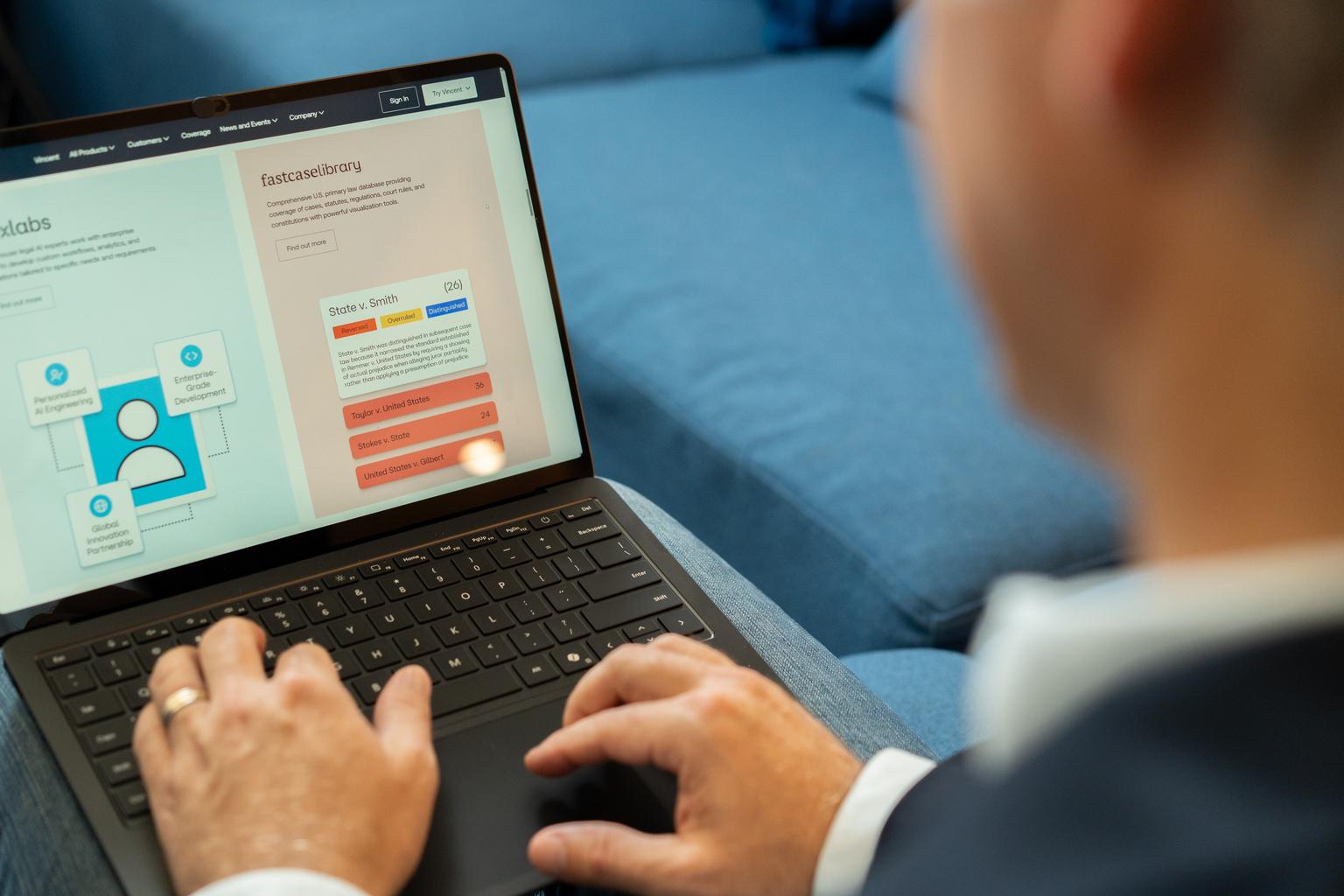
As a State Bar of South Dakota member, you now have complimentary access to Fastcase one of the most powerful legal research platforms available.
Comprehensive case law, statutes, and regulations
AI-powered research tools to find relevant authorities faster
Advanced citation analysis and authority checking
Unlimited printing and document sharing
subscription fees.
usage limits.
costs.


Members can now indicate on their profile if they would like to serve as a mentor. If you’re interested in supporting and guiding other members, simply update your profile to let us know!

Knudson School of Law 2025-26 Career Events Fall Events: Aug 27-29



• All fall and spring OCIs will take place at the ID Weeks Library due to renovations. Scan the QR code above or visit HERE to register for any OCI. You may need to create an account first. Watch THIS VIDEO to help you post your position(s). • Email Teramie.Hill@usd.edu with any questions.
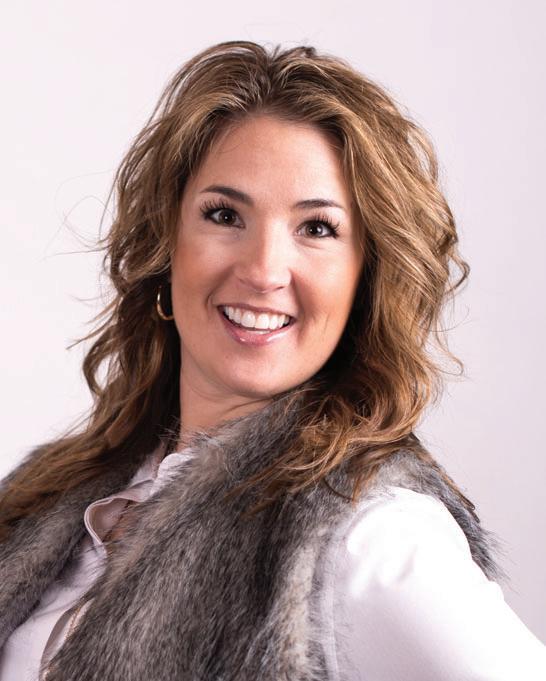


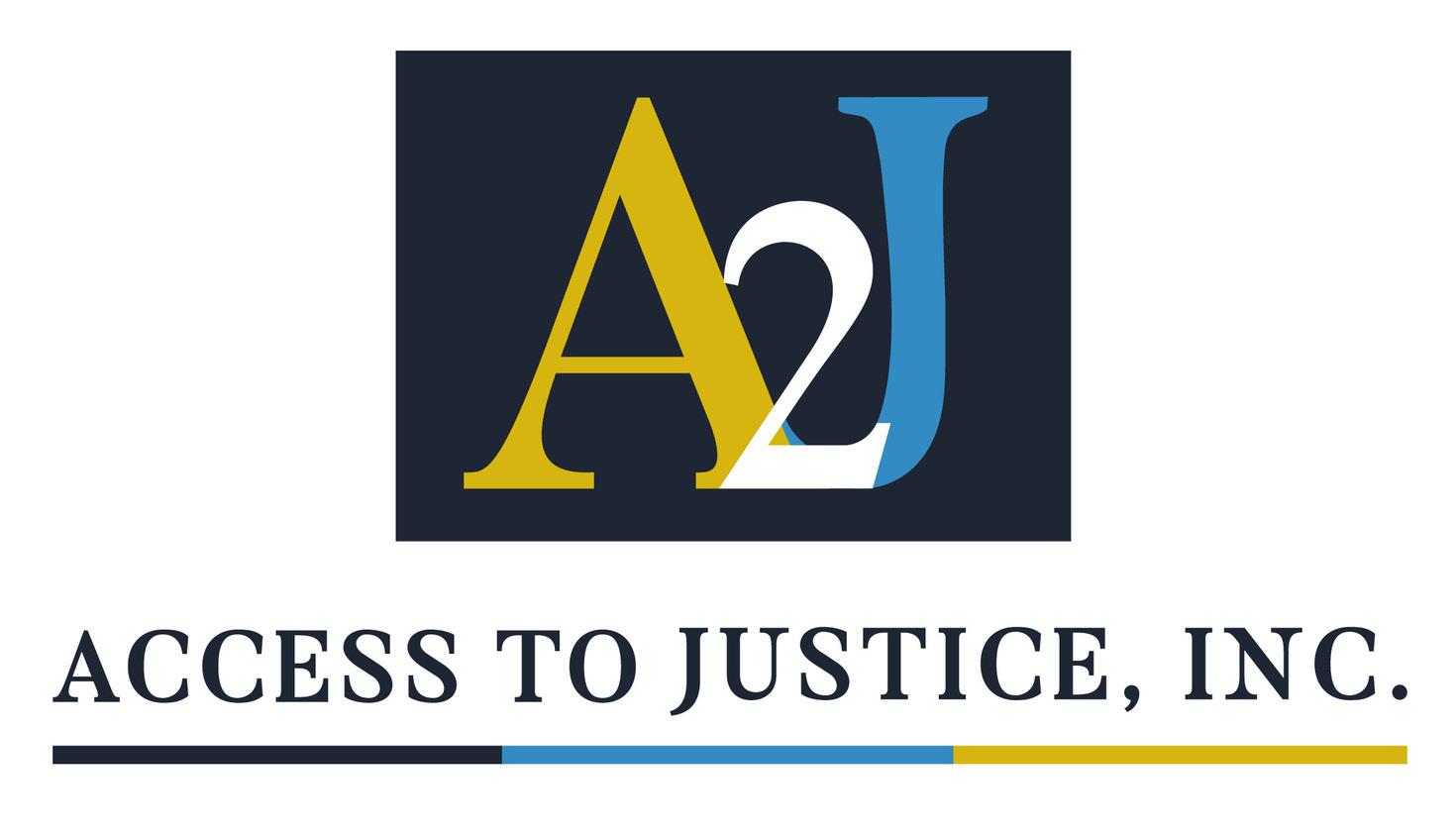
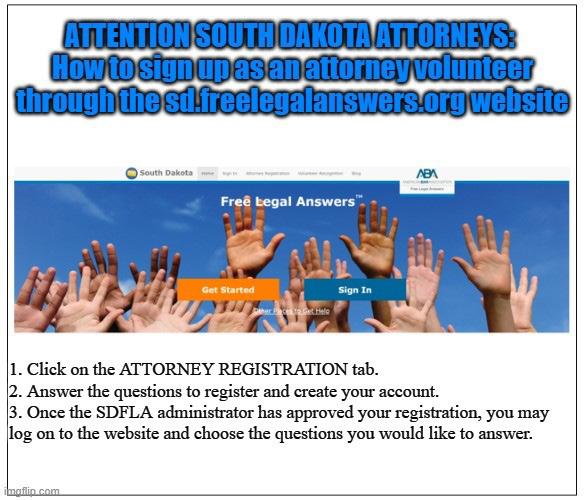


November
NOVEMBER 18
12:30 PM TO 1:30 PM
Program Speakers: Details:
More details on this topic will be shared soon.
Tamara Nash - Director of Experiential Learning & Lecturer
USD Knudson School of Law; CLE Committee Chair
Mae Pochop - Attorney at Meierhenry Sargent LLP; Young
Lawyer Section President






One Big Beautiful Bill and other new laws will impact your practice, your business, and your clients.
Join us and stay informed.
Carrie Christensen, CPA, MBA, Partner at Ketel Thorstensen CPA’s and Avisors
Hannah Sheffield, CPA, Manager - Tax Expertise, Ketel Thorstensen CPA’s and Avisors
January 20, 2026
12:30 P.M. -1:30 P.M.
Stanton Anker, Anker Law Group, Rapid City

Kennedy, Pier, Loftus, Reynolds & Brandt LLP is pleased to announce
Andrew Devereux as an associate attorney.
Kennedy, Pier, Loftus, Reynolds & Brandt LLP 322 Walnut Street Yankton SD, 57078
Phone: (605) 665-3000
Email: Adevereux@yanktonlawyers.com
Marlow, Woodward & Huff, Prof. LLC is pleased to announce Peyton Mueller as an associate attorney.
Marlow, Woodward & Huff, Prof. LLC PO Box 667 Yankton, SD 57078
Phone: (605) 665-5009
Email: peyton@mwhlawyers.com
Davenport, Evans, Hurwitz & Smith, LLP is pleased to announce
Anthony O. Metzgar as an associate attorney.
Davenport, Evans, Hurwitz & Smith, LLP 206 West 14th Street,¬ P.O. Box 1030 Sioux Falls, SD 57101-1030
Phone: (605) 357-1225
Email: ametzgar@dehs.com www.dehs.com
Bantz, Gosch & Cremer, L.L.C is pleased to announce
Dominic F. King as an associate attorney.
Bantz, Gosch & Cremer, L.L.C 305 Sixth Ave. SE Aberdeen, SD 57401
Phone: (605) 225-2232
Email: dking@bantzlaw.com
Hoy Trial Lawyers Prof., LLC is pleased to announce
Trey D. Hubers as an associate attorney.
Hoy Trial Lawyers Prof., LLC
4900 S. Minnesota Avenue, Suite 200 Sioux Falls, SD 57108
Phone: (605) 334-8900
Email: Trey@hoylaw.com
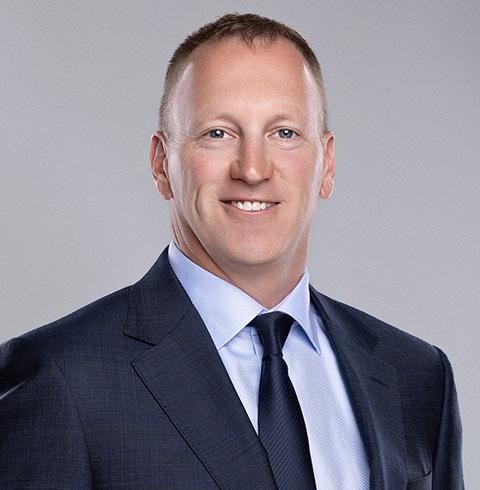
JOINS BALLARD
SPAHR IN SIOUX FALLS
Eric Kerkvliet—who has almost two decades of experience representing investors, private equity syndicators, and business owners in corporate transactions and investment matters—has joined Ballard Spahr’s Business and Transactions Department, Corporate and Transactions and Outside General Counsel Practices, and Sioux Falls office as of counsel.
MorganTheeler LLP is pleased to announce
Diane M. Haiar as an associate attorney.
MorganTheeler LLP 1718 North Sanborn Blvd PO Box 1025 Mitchell, SD 57301
Phone: (605) 996-5588
Email: DHaiar@morgantheeler.com www.morgantheeler.com
Ribstein & Hogan Law Firm is pleased to announce
Alli Cummings as an associate attorney.
Ribstein & Hogan Law Firm 621 Sixth Street Brookings, SD 57006
Phone: (605) 692-1818
Email: allicummings@sdakotalaw.com
Eric represents business owners, private equity firms, family offices, and real estate investors in capital raises, private placements, M&A and corporate transactions, and real estate investment matters.
“Ballard Spahr has strength in the areas where I focus—M&A, real estate transactions, and corporate matters—as well as a national platform and a growth mindset.
I’m also pleased to once again work alongside Amy Arndt and Dan Fritz,” Eric said. “This team goes beyond for clients in every way. I share that way of thinking, and
I’m excited to join the team.”
Ballard Spahr LLP—an Am Law 100 law firm with more than 750 lawyers in 18 U.S. offices—serves clients across industries in litigation, transactions, and regulatory compliance.
A strategic legal partner to clients, Ballard goes beyond to deliver actionable, forward-thinking counsel and advocacy powered by deep industry experience and an understanding of each client’s specific business goals. Our culture is defined by an entrepreneurial spirit, collaborative environment, and top-down focus on service, efficiency, and results.
Visit https://www.ballardspahr.com/.
Thomas E. Simmons
South Dakota Rule of Professional Conduct 1.8(c) prohibits lawyers from writing themselves into their clients’ wills. More broadly, it prohibits lawyers from accepting substantial gifts from their clients. Both testamentary and inter vivos gifts are included within its scope. Indeed, the rule prohibits lawyers from even soliciting significant gifts from their clients.
This idea – that lawyers should not write themselves into their clients’ wills – has deep historical roots. It can be traced back as far as first century Roman Emperor Nero’s reign (54-68 A.D.). In referring to a law promulgated by Nero, Suetonius confirms: “No one who writes a will for another shall write a legacy for himself.” i Today, this same prohibition can be found in the ABA’s Model Rule 1.8(c):
A lawyer shall not solicit any substantial gift from a client, including a testamentary gift, or prepare on behalf of a client an instrument giving the lawyer or a person related to the lawyer any substantial gift unless the lawyer or other recipient of the gift is related to the client. ii
Thus, the general rule is that an attorney may not receive a substantial gift from a will drafted for a client, with an exception for wills drafted for family members. This exception permits a lawyer to draft a will in which the lawyer is a devisee so long as the testator-client is related to the lawyer. A “related person” includes “a spouse, child, grandchild, parent, grandparent or other relative or individual with whom the lawyer or the client maintains a close, familial relationship.” iii
South Dakota’s Supreme Court adopted Rule 1.8(c) in 1987 as part of a comprehensive update, replacing the earlier “Canons” (which dated to 1970) with the 1983 ABA Rules of Professional Conduct. iv
A few years later, the Court was confronted the disciplinary proceedings of Deadwood attorney Jon Mattson. v Attorney Mattson had assisted his Uncle Pete in making gifts totaling several hundred thousand dollars to himself and his wife. Mattson defended against the disciplinary complaint brought against him by arguing, inter alia, that the gifts from his uncle satisfied the “relative exception” in the Rule, given that he was related to Uncle Pete; Mattson had a “father/son relationship” with his uncle. vi
In rejecting Mattson’s assertion, the South Dakota Supreme Court implicitly acknowledged that Uncle Pete was Mattson’s relative. Yet it reasoned that “Rule 1.8 cannot be used to excuse substantial gifts which are facially disproportionate to gifts made to other relatives in the same class.” vii It quoted from the Restatement Third of the Law Governing Lawyers in support of this reasoning, although the Court’s “disproportionate prong” to the “relative exception” cannot be located in either the rule nor its comments. viii
Perhaps sensing that its Mattson “disproportionate prong” had stretched the language of Rule 1.8, not long afterwards, the South Dakota Supreme Court amended Rule 1.8 in order to incorporate the central holding from Mattson. ix Essentially, the Court codified Mattson in a revision to Rule 1.8. Today, as a result, South Dakota’s Rule 1.8(c) reads, in pertinent part:
A lawyer shall not solicit any substantial gift from a client, including a testamentary gift, or prepare on behalf of a client an instrument giving the lawyer or a person related to the lawyer any substantial gift unless the lawyer or other recipient of the gift is related to the client and the gift is not significantly disproportionate to those given to other donees similarly related to donor. x
Accordingly, the rule – taking account of South Dakota’s unique additional phrase which was added in 2004 – could be restated as follows:
(1) A lawyer may not draft a client’s instrument xi giving herself (or anyone related to her) a substantial gift
(a) unless (i) she is related to the testator-client and (ii) the gift is not significantly disproportionate to gifts given to other donees similarly related to the client
It’s important to take note of the breadth and scope of South Dakota’s unique Rule 1.8(c). Consider this hypothetical, for example:
Lawyer Leon drafts a will for his mother according to her instructions. It gives half his mother’s estate to the lawyer’s two sons (one-quarter each) and the other half to Leon’s brother’s disabled daughter in trust.
Leon has violated South Dakota’s Rule 1.8(c). The will fails to qualify for the “relative exception” on account of the disproportionate gift to the testator-client’s special needs grandchild (who receives half of the estate compared to the quarter-shares the other grandchildren receive).
To qualify for South Dakota’s “relative exception,” the will cannot make disproportionate gifts to relatives of the testator-client of the same class. The will, as drafted, provides for a disproportionate gift to the testator-client’s disabled grandchild. As a result, the lawyer has violated South Dakota’s Rule 1.8(c).
Could Leon avoid a disciplinary infraction by proving that no undue influence was exerted over his mother? No.
Could Leon avoid a disciplinary infraction by providing his legal services pro bono? No.
Could Leon avoid a disciplinary infraction by having a new associate attorney in his firm draft the will instead of Leon? No. xii
One might argue that the intent of modified Rule 1.8(c) was to prohibit the lawyer from drafting a will in which the lawyer’s children were favored at the expense of his brother’s children, not
the other way around. It’s a reasonable assertion, but the plain text of South Dakota’s Rule 1.8(c) does not easily admit of such a reading. Even a lawyer who agrees with his wife that they should favor one child over another in their estate plan – and proceeds to draft a will for his wife (as a client xiii) which mirrors his own – would find himself crossways with South Dakota’s Rule 1.8(c). Lawyers must also be cautious with even unequal contingent bequests. xiv
Moreover, practitioners should be wary of unintentionally violating the anti-solicitation aspects of the rule. Consider this hypothetical:
Lawyer Lily represents her sister in a DUI charge. Meeting in the parking lot outside the courthouse, Lily admires her sister’s restored hot rod and suggests that Lily’s oldest son would really appreciate a gift of such an automobile someday.
Has Lily unwittingly violated Rule 1.8(c)? Consider: Has she solicited a substantial gift from a client? Yes; a restored automobile represents a substantial gift. Lily’s sister is her client. And to “solicit” means, according to Black’s, urging or seeking to obtain something; a request xv Clearly, Lily presented her sister with a request. xvi Although the client is Lily’s relative, it appears that the proposed gift – to Lily’s “oldest son” would be disproportionate to Lily’s younger son since no gift for the younger son was solicited. Hence, we have another sneaky Rule 1.8(c) problem.
Admittedly, I rather seriously doubt that the South Dakota Attorney Disciplinary Board or the South Dakota Supreme Court would impose significant discipline against an attorney based on the facts of either of the hypotheticals articulated above. That’s not really the point. The point is that attorneys should – as a baseline – know the rules that guide their conduct and identify conduct which those rules proscribe. xvii Complying with Rule 1.8(c) may require an attorney to decline to draft a relative’s will or codicil. Forewarned is forearmed.
The author is a professor at the University of South Dakota’s Knudson School of Law. His views are his own and not those of the board of regents, USD, or its administrators. Attorney Sheila Woodward is thanked for providing helpful criticisms to an earlier draft; her assistance should not imply endorsement and any errors are solely the author’s.
i See HENRY AILOUD, VIE DES DOUZE CESARS (1932) (quoting SUETONIUS, NERO ch. 17: Ne qui alieni testament scriptor Legatum sibi ascriberet.)
ii Model Rule of Professional Conduct 1.8(c).
iii Id The key term “relative” (or “related to”) appears in two different parts of South Dakota’s version of the rule: in both its scope and in its exception. See text accompanying note x.
iv See SDCL ch. 16-18 appx., Commission Note (1995) (noting the Supreme Court, by order filed December 15, 1987, repealed the Code of Professional Responsibility with the South Dakota Rules of Professional Conduct). South Dakota’s original Rule 1.8(c) text was more or less identical to the current ABA version. It read: “A lawyer shall not prepare an instrument giving the lawyer or person related to the lawyer as parent, child, sibling, or spouse any substantial gift from a client, including a testamentary gift, except where the client is related to the donee.” SDCL ch. 16-18 appx., Rule 1.8(c) (1995)
v In re Discipline of Mattson, 2002 SD 112, 651 N.W.2d 278. In the interests of transparency, your author wishes to disclose that he acted as co-counsel for Jon Mattson alongside attorney James Nelson.
vi Id. at ¶ 53, 651 N.W.2d at 288.
vii Id. at ¶ 50, 651 N.W.2d at 288 (emphasis supplied).
viii Id. (providing that a “lawyer may not prepare an instrument effecting gift from client to lawyer, including testamentary gift, unless lawyer is a relative or other natural object of the client's generosity, and gift is not significantly disproportionate to those given to other donees similarly related to donee”) (citing REST. 3D LAW GOVERNING LAWYERS § 127(1) (1998) (emphasis supplied) The Court also quoted from the Rule’s comment which states: “A lawyer may accept a gift from a client, if the transaction meets general standards of fairness.” Id., quoting Rule 1.8(c) cmt. [6]. Although the comment quoted does not directly support the requirement that gifts, even from relatives, must not be disproportionate, the American College of Trust and Estate Counsel (ACTEC) commentaries to Rule 1.8(c) do They caution that the “relative exception” still requires “special care if the proposed gift to the lawyer or a related person is disproportionately large in relation to the gift the client proposes to make to others who are equally related.” THE ACTEC COMMENTARIES ON THE MODEL RULES OF PROFESSIONAL CONDUCT 133 (6th ed. 2023), available at https://www.actec.org/wp-content/uploads/2023/08/ACTEC_Commentaries_ 6th_Rev.pdf (last accessed Aug. 5, 2025).
ix S.D. Sess. Laws 2004, ch. 327 (Supreme Court Rule 03-26)
x SDCL ch. 16-18 appx. (Rule 1.8(c)) (emphasis supplied). The definition of “relative” is also restated in the current version of South Dakota’s Rule 1.8(c): “[R]elated persons include a spouse, child, grandchild, parent, grandparent or other relative or individual with whom the lawyer or the client maintains a close, familial relationship.”). This definition is unchanged. Id See, also, e.g., Cooner v. Alabama State Bar, 59 So.3d 29, 40 (Ala. 2010) (reasoning that Rule 1.8 “relatives” include “relationships by blood and by marriage”).
xi But see Mattson, 2002 SD 112, ¶ 50, 651 N.W.2d at 287-88 (reasoning that an attorney who “did not prepare ‘an instrument’ [but r]ather side- stepped any kind of written document and proceeded by a series of inter vivos transactions” violates the rules of professional conduct) (emphasis supplied).
xii SDCL ch. 17-18 appx. (Rule 1.8(k)); accord, Whelan’s Case, 619 A.2d 571, 573 (N.H. 1992).
xiii An attorney who drafts wills for his wife and himself might not consider his wife a “client.” But preparing a legal document for another person is generally sufficient evidence of an attorney-client relationship. See ACTEC COMMENTARIES, supra note viii at 132. For example:
Parent (P) asks his child (C), who is also an attorney, to assist him in preparing a document to effect a gift from P to C. The very act of preparing the document could be sufficient to establish an attorney-client relationship between C and P. Once the attorney-client relationship is established, C’s involvement in the transaction would be governed by [Rule] 1.8(c).
Id
xiv See In re Disciplinary Action Against Boulger, 637 N.W.2d 710, 713 (N.D. 2001) (reasoning that just because a contingent gift is extremely unlikely to materialize does not render it insubstantial under Rule 1.8(c)).
xv SOLICITATION, BLACK’S LAW DICTIONARY (12th ed. 2024). See also Model Rule of Professional Conduct 7.3(a) (defining “solicit” (in a different context) as denoting “a communication initiated by … a lawyer … directed to a specific person … [which] offers … services”).
xvi The hypothetical request of a gift of a hotrod to one’s son was arguably in bad taste. But a strict reading of Rule 1.8(c) as adopted in South Dakota prohibits even the solicitation of a gift which the client shrugs off and ignores.
xvii See Whelan, 619 A.2d at 573 (emphasizing: “The respondent’s defense is basically one of ignorance of the Rules of Professional Conduct, which is no defense.”).
Minutes of June 12, 2024, Meeting, Ramkota, Pierre, SD
South Dakota Bar Foundation (“SDBF”) President Reed Rasmussen called the meeting of the Board to order at 9:07 AM CDT. Board members present were President Rasmussen, Vice President Steve Huff, Bill Garry, Renee Christensen, Tom Frieberg, Pat Goetzinger, Stephanie Judson, Lisa Marso, Kim Mortenson, and Anthony Sutton.
Also present for all or part of the meeting were State Bar members Dick Casey, Rod Tobin, and Pamela Reiter, State Bar President Heather Lammers Bogard, and Assistant Director Nicole Ogan, Strategic Plan Coordinator Carrie Sanderson, and Executive Director/Secretary-Treasurer Paul Cremer.
The Board noted that Bar Foundation board member Eric Schulte notified the Bar Foundation that he would no longer be able to serve due to his upcoming appointment to the federal judiciary. Director Judson made a motion to appoint Pamela Reiter to serve a full term on the Bar Foundation in place of Schulte. Director Marso seconded the motion. Motion carried.
Director Garry made a motion to approve the minutes of the January 31, 2024, South Dakota Bar Foundation Meeting. Director Mortenson seconded the motion. Motion carried.
Cremer gave a brief update regarding the proposed Ombuds program and noted that the State Bar is still working to identify a provider of Ombuds program services.
Dick Casey, Rod Tobin, and Pamela Reiter discussed the proposed Pathways program. The number of high school graduates is predicted to decline in coming years and the legal profession needs to take steps to address a predicted shortage of justice system personnel. In September 2023, the Bar Commission adopted a resolution to support efforts by an ad hoc committee consisting of Judge Cheryle Gering, Judge Julie Dvorak, Rod Tobin, Pamela Reiter, and Dick Casey to address these needs. The ad hoc committee created a separate nonprofit entity called Destination Dakota Legal Careers (DDLC) to address these issues. DDLC is seeking funding to obtain staff resources to recruit students to pursue careers involving the justice system, and to retain persons who are already working in the justice system.
Nicole Ogan presented the financial report. The Board then discussed the financial report and noted that IOLTA funds have increased because interest rates are high.
The Directors discussed current grant requests, as follows:
1. Access to Justice - $82,000
2. Ask-A-Lawyer - $21,000
3. Bill of Rights Institute - no specific request
4. Destination Dakota Legal Careers - $60,000
5. Ombuds Contract - $20,000
6. Rural Practice Internships - $13,500
7. SD Public Broadcasting (Statehouse Coverage) - $19,000
8. South Dakota News Watch Lost in Court Training - no specific request
9. SD Teen Court - $5,000
10. WORKS Project - $7500
11. SD State Historical Society Foundation (100th Legislative Session commemoration) - $5000 – $10,000
Director Goetzinger made a motion to approve the Access to Justice request of $82,000. Director Mortenson seconded the motion. Motion carried.
Director Frieberg made a motion to approve the Ask a Lawyer request of $21,000. Director Sutton seconded the motion. Motion carried.
The Board decided to provide no funding to the Bill of Rights Institute.
Director Mortenson made a motion to approve the DDLC request of $60,000. Director Huff seconded the motion. Director Reiter recused herself. Motion carried. The Board noted that DDLC will be granted time to establish resources and will have the entire fiscal year to use the funds.
The Board noted that funds provided to the Ombuds program last year have not yet been expended, and Director Huff made a motion to approve an additional $5000 to add to the existing $15,000 so that the Ombuds program has a total of $20,000 to obtain Ombuds services. Director Christensen seconded the motion. Motion carried.
Director Frieberg made a motion to approve the Rural Practice Internships request of $13,500. Director Sutton seconded the motion. Motion carried.
Director Mortenson made a motion to approve the SDPB request of $19,000. Director Garry seconded the motion. Motion carried.
Director Huff made a motion to approve the South Dakota News Watch request in the amount of $1500, and that the $1500 be restricted to law-related training matters. Director Garry seconded the motion. Motion carried.
Director Reiter made a motion to approve the SD Teen Court request of $5000. Director Sutton seconded the motion. Motion carried.
Director Reiter made a motion to approve the WORKS Project request of $7500. Director Frieberg seconded the motion. Motion carried.
Director Reiter made a motion to approve the State Historical Society Foundation request relating to the commemoration of South Dakota’s 100th Legislative Session, which will occur in 2025, in the amount of $7500, and that the $7500 grant be restricted to Bar
Foundation purposes, including education. Director Huff seconded the motion. Motion carried.
Director Reiter nominated Director Huff to serve as President and to succeed outgoing President Reed Rasmussen. Director Mortenson seconded the motion. Motion carried. The board thanked President Rasmussen for his service. Current State Bar President Heather Lammers Bogard will become a member of the Board of Directors as a past President as per the Bar Foundation Bylaws.
Director Reiter made a motion to nominate Director Garry to serve as Vice President. Director Huff seconded the motion. Motion carried.
The Directors discussed the strategic plan. Topics included working with attorneys and financial institutions to utilize IOLTA accounts that offer higher interest rates to increase IOLTA funds, and expanding Fellows donations through increased outreach.
President Huff adjourned the meeting at 10:15 AM Central Time.
Respectfully submitted, Paul Cremer
Executive Director/Secretary-Treasurer
The Judicial Conference of the United States has authorized the appointment of a fulltime United States Magistrate Judge for the District of South Dakota at Rapid City, South Dakota following the retirement of Magistrate Judge Daneta Wollmann
The current annual salary of the position is $227,608. The term of office is eight years.
A full public notice for the magistrate judge position and application form are posted on the court’s website at www.sdd.uscourts.gov. In the alternative, interested persons may contact the clerk of the district court for an application form.
Applications and a recent in-depth writing sample must be submitted to mjapplications@sdd.uscourts.gov by 5:00 p.m. (CST) on Wednesday November 26, 2025
I, ________________________________________________, an active member of the State Bar of South Dakota, do hereby apply for Pro Bono Emeritus Status, for the year 2026
I understand that if approved, rather than pay regular dues for the year 2026, I will only be required to tender the sum of $125 (same as inactive dues) but I will be entitled to all the rights and privileges of an active member of the State Bar.
Further, I recognize that this status means that I will be requested from time to time to take a referral from East River Legal Services, Dakota Plains Legal Services, or Access to Justice, and I am willing to accept at least one referral in the year 2026
Finally, I acknowledge that pursuant to the Pro Bono Emeritus Status, I have retired from the active practice of law and I cannot accept private clients, cases for friends or relatives (even if no fee is charged) and that my practice is limited to such referral cases as I accept from the Legal Services Programs, Access to Justice or a non-profit specifically approved by the State Bar. In the event that I decide to accept cases other than those referred to me and which I accept, that I will tender regular active dues and withdraw from the Pro Bono Emeritus Status Program.
Dated this _________ day of _______________________________, 20__
Minutes, September 18, 2025 Via Teams
President John Richter called the meeting to order at 3:01 PM CDT on September 18, 2025. Present for all or part of the meeting were President John Richter, President Elect Mark Haigh, and Commissioners Justin Johnson, Anthony Teesdale, Kim Kinney, Jerry McCabe, Ellie Bailey, Matthew Naasz, Teramie Hill, Amber Mulder, Sarah Covington, Stacy Johnson, Kristen Edwards, and Steven Blair. Also present were Executive Director/Secretary-Treasurer Paul Cremer, Director of Operations Tracie Bradford, Strategic Plan Coordinator Carrie Sanderson, Lawyers Assistance Program Director Becky Porter, Bar Services Coordinator Alyssa Blasius, Communications/Membership Coordinator Tailynn Bradford, Administrative Assistant Brooklyn Drewes, Parliamentarian Tom Welk, and CLE Committee Chair Tamara Nash.
President’s Welcome: President Richter is working with stakeholders to schedule events in each circuit involving courthouse tours and panel discussions to provide opportunities for members and law students to meet court staff, along with a social mixer.
Board Conflict Disclosure: No conflicts were noted.
Approve minutes of August 20, 2025, Meeting: Commissioner Bailey moved to approve the minutes of the August 20, 2025, Bar Commission meeting. Commissioner Justin Johnson seconded the motion. Motion carried.
Approve minutes of August 28, 2025, Meeting: Commissioner Covington moved to approve the minutes of the August 28, 2025, Bar Commission meeting. Commissioner Hill seconded the motion. Motion carried.
Commissioner Input/Ideas/Concerns: Commissioner Hill thanked State Bar staff for their work to include law students in the membership directory. The information may serve as an employment recruiting tool.
Commissioner Edwards discussed the Hagemann-Morris Mentorship Program and potential Bar Commission involvement to find participants. Commissioners discussed the history of the program and options to increase participation. Discussions will continue with the Young Lawyers Section.
CLE Committee Report: CLE Committee Chair Tamara Nash provided information about CLE activities. The CLE Committee adopted standards for CLE programs. Law for Lunch programs are now being held every other month instead of every month. The CLE committee is reviewing strategic goals for this year, including: improving the content of programming, data collection and information tracking, reviewing member feedback on program evaluations, collaborating with committees and sections, communicating CLE standards to members, potentially developing standard operating procedures, and considering the effects of the potential adoption of mandatory CLE requirements.
State Bar CLE Committee Procedures: Nash discussed efforts to form definitions of CLErelated programming. Nash submitted a written proposal to the Bar Commission requesting approval to allow the CLE committee to explore and adopt relevant procedures. Commissioner Hill made a motion to approve the written request to allow the CLE committee to explore and implement procedures related to CLEs. Commissioner Bailey seconded the motion.
The Commissioners discussed the motion and the potential adoption of mandatory CLE requirements, and the potential for these matters to be considered as part of the MCLE rules drafting process.
Commissioner Blair made a substitute motion to authorize the CLE committee to explore and draft procedures for CLEs for further review by the Bar Commission. Commissioner Naasz seconded the motion. Motion carried.
CLE Attendance Policy: President Richter submitted a written proposal to the Bar Commission to clarify and reaffirm the State Bar’s policy regarding CLE attendance records. The current CLE attendance policy was adopted by the Bar Commission in 1991.
President Richter made a motion to adopt his written proposal. The Commissioners discussed the motion and the potential for these matters to be considered as part of the MCLE rules drafting process. Commissioner Naasz made a motion to table the motion to adopt the written proposal. President Elect Haigh seconded the motion. Motion carried.
Policy Updates Discussion: Commissioner Hill asked about State Bar credit cards. Cremer noted that the State Bar has switched to a business card in the name of the State Bar. Commissioner Justin Johnson asked about the policy regarding the publication of opinions issued by the Ethics Committee. Cremer noted that the Ethics Committee provides a recommendation regarding the publication of ethics opinions, and some ethics opinions are not published, often to protect the identities of those involved. The Commissioners also discussed capital and asset purchase policies.
Security Discussion: Commissioner Hill discussed information available to the public on the State Bar website, including the names of Bar Commissioners. Bar staff is reviewing office security.
Strategic Plan Update: Strategic Plan Coordinator Carrie Sanderson provided an update on progress on the State Bar’s three strategic plan goals.
Goal 1: Bar Operations – State Bar staff will continue to review job descriptions to align with current work duties and priority areas for the State Bar. Bar staff are also working to track and convey the impact of State Bar efforts and initiatives.
Goal 2: Committees and Wellbeing - the State Bar continues to recognize the work of the CLE committee. The Strategic Planning Committee is reviewing the summary report from the Strategic Planning Committee Retreat held in May, and a subgroup from that committee is working to ensure the sustainability of State Bar wellbeing efforts. Strategic Planning Committee Co-Chairs Dick Casey and Jennifer Williams will attend the Bar Commission meeting on October 23 in Sioux Falls to present the report to the Bar Commission. Bar staff is working to provide administrative support for LAP Director Becky Porter.
Goal 3: Outreach and Mentorship - the Project Rural Practice committee will meet in October at the Law School. The meeting will include a discussion on next steps for developing a mentorship hub for rural practitioners. Destination Dakota Legal Careers (DDLC) has launched a website and is attending career fairs across South Dakota. DDLC will coordinate with the State Bar, Project Rural Practice, and the Law School to ensure all organizations are aware of activities.
Executive Director Financial Report: Cremer stated that he met with a bank representative on August 29 to explore options for higher rates of return on State Bar funds.
MCLE Update and Discussion: Chief Justice Steven R. Jensen and State Court Administrator Greg Sattizahn met with Cremer and Sanderson on September 9. The Supreme Court is preparing to move forward with further consideration of adopting mandatory CLE requirements through its rules process. They requested that the State Bar appoint five members to a committee tasked with drafting proposed rules for consideration. President Richter will make these appointments. UJS also plans to appoint six members to the committee.
Fastcase Update: State Bar staff worked with the South Dakota Bar Foundation and the Bar Commission to provide Fastcase legal research resources to State Bar members as a free member benefit. Bar staff is continuing to work with Fastcase to finalize arrangements, and further details will be made available to members soon.
Cashroom Member Benefit: Commissioners discussed a potential discount for State Bar members involving Cashroom. No action was taken.
Old/New Business: Commissioners discussed a letter regarding US mail service and statutory deadlines from David Larson, an attorney in Chamberlain. Cremer requested that the Practice Rules Revision Committee review the letter and potential options.
Upcoming Meetings: The next Bar Commission meeting is scheduled to be held in Sioux Falls on October 23, with a mixer scheduled for October 22.
Adjourn: President John Richter adjourned the meeting at 4:56 PM CDT.
Respectfully submitted,
Paul Cremer
Executive Director/Secretary-Treasurer

We’re thrilled to announce that vLex | Fastcase, formally known as DakotaDisk, is now available as a free member benefit to all active members, inactive members, and law students.
You now have complimentar y access to one of the most power ful legal research platforms available, combining cutting-edge AI tools with comprehensive legal content to suppor t your work and studies.
A special thank you to the South Dakota Bar Foundation for their generous donation that made this valuable resource possible for our members.
Log in to the Member Hub, scroll to the bottom of the left-hand menu, and click on Fastcase. If you’re new to Fastcase, you’ ll be prompted to set up your account once you reach their website.
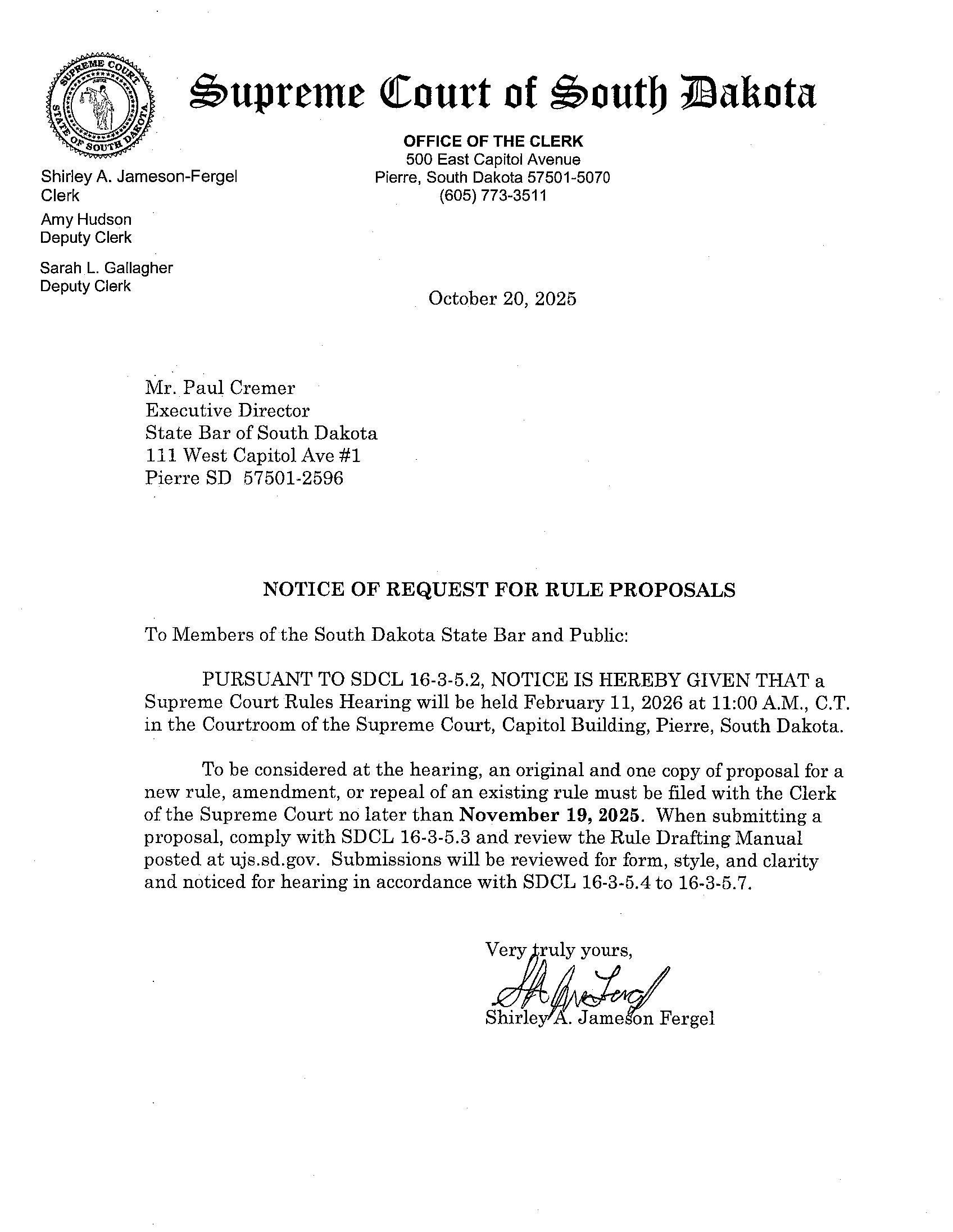
The current appointment of Magistrate Judge N. Bob Pesall is due to expire on April 19, 2026. Magistrate Judge Pesall serves in the Third Judicial Circuit.
The duties of a magistrate judge include conducting preliminary hearings in all criminal cases, acting as committing magistrate for all purposes and conducting misdemeanor trials. Magistrate judges may also perform marriages, receive depositions, decide temporary protection orders and hear civil cases within their jurisdictional limit.
Pursuant to UJS policy members of the bar and the public are invited to comment as to whether Magistrate Judge N. Bob Pesall should be reappointed to another four-year term. Written comments should be directed to:
Chief Justice Steven R. Jensen
Supreme Court
500 East Capitol Pierre, SD 57501
Comments must be received by January 18, 2026.
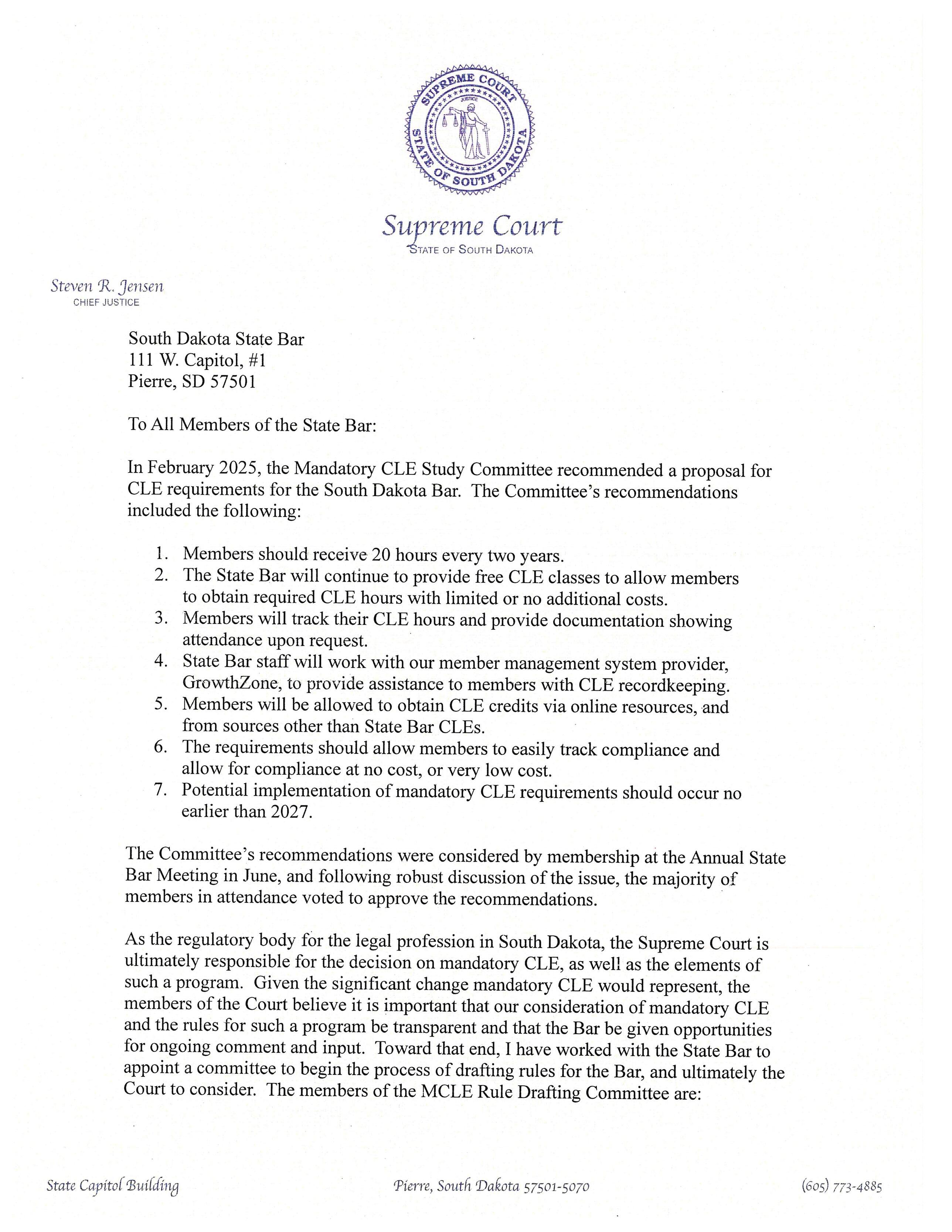
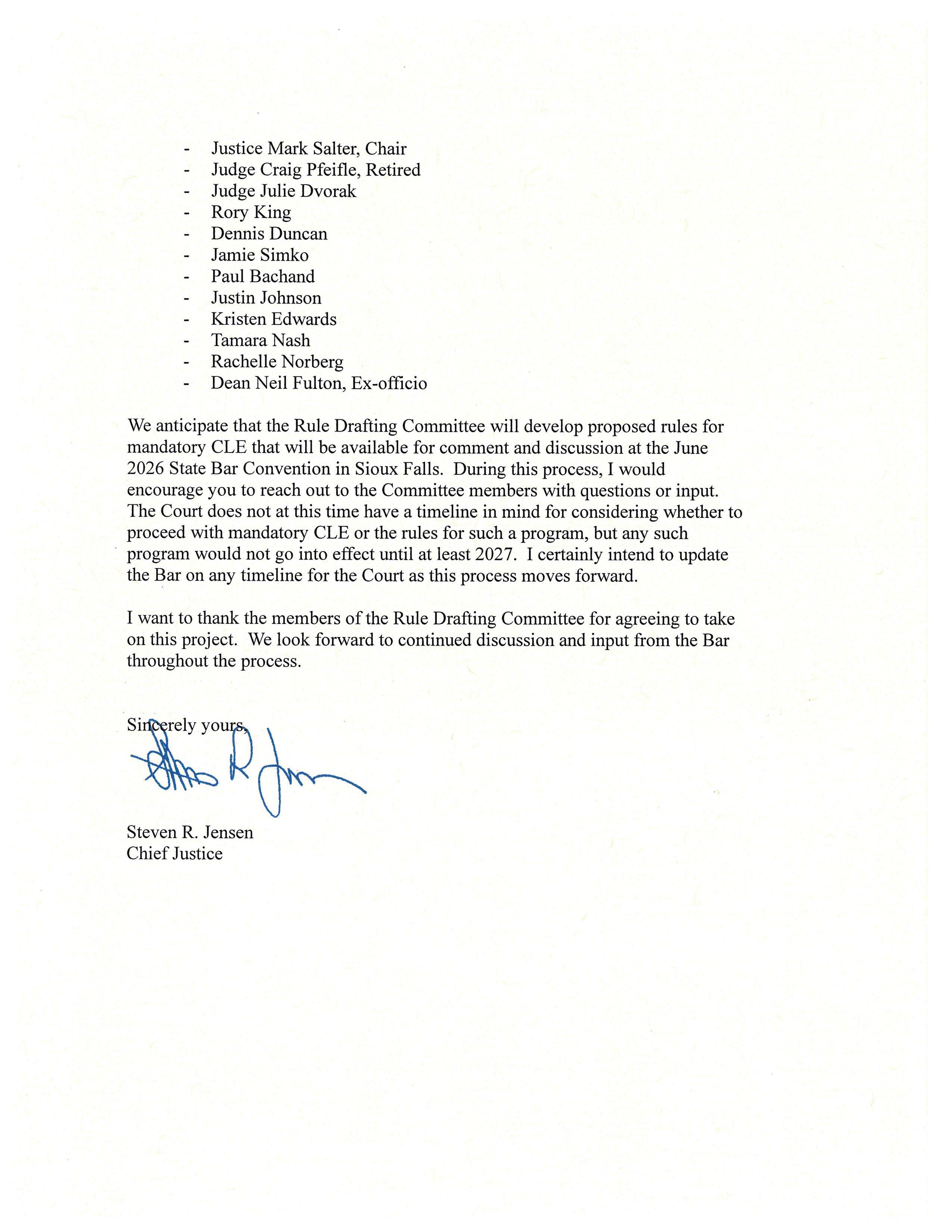
This month’s Bar Star is honored for their dedication and impact in the profession and community:
The Bankruptcy CLE was highly successful due to the dedicated efforts of Anthony Sutton and the planning committee that included members of the Bankruptcy Court for the District of South Dakota, the University of South Dakota Knutson School of Law, the State Bar Debtor-Creditor Committee, the State Bar Agriculture Law Committee, the State Bar CLE Committee, the SD Young Lawyers Section, and State Bar staff. The team consisted of the Honorable Laura Kulm Ask, Rick Entwisle, Professor Robert Miller, Kristen Edwards, Tamara Nash, Anthony Sutton, Mae Pochop, Tracie Bradford, and Alyssa Blasius Planning began approximately seven months in advance, during which the committee met to discuss potential topics, identify speakers, coordinate logistics, gather materials, and promote the event across multiple platforms These efforts resulted in a substantive and informative CLE that met its goals.
“My hope for bar service is that I can do my part to help maintain the strength, collegiality, and integrity of our profession.” - Anthony S.
A N T H O N Y S U T T O N

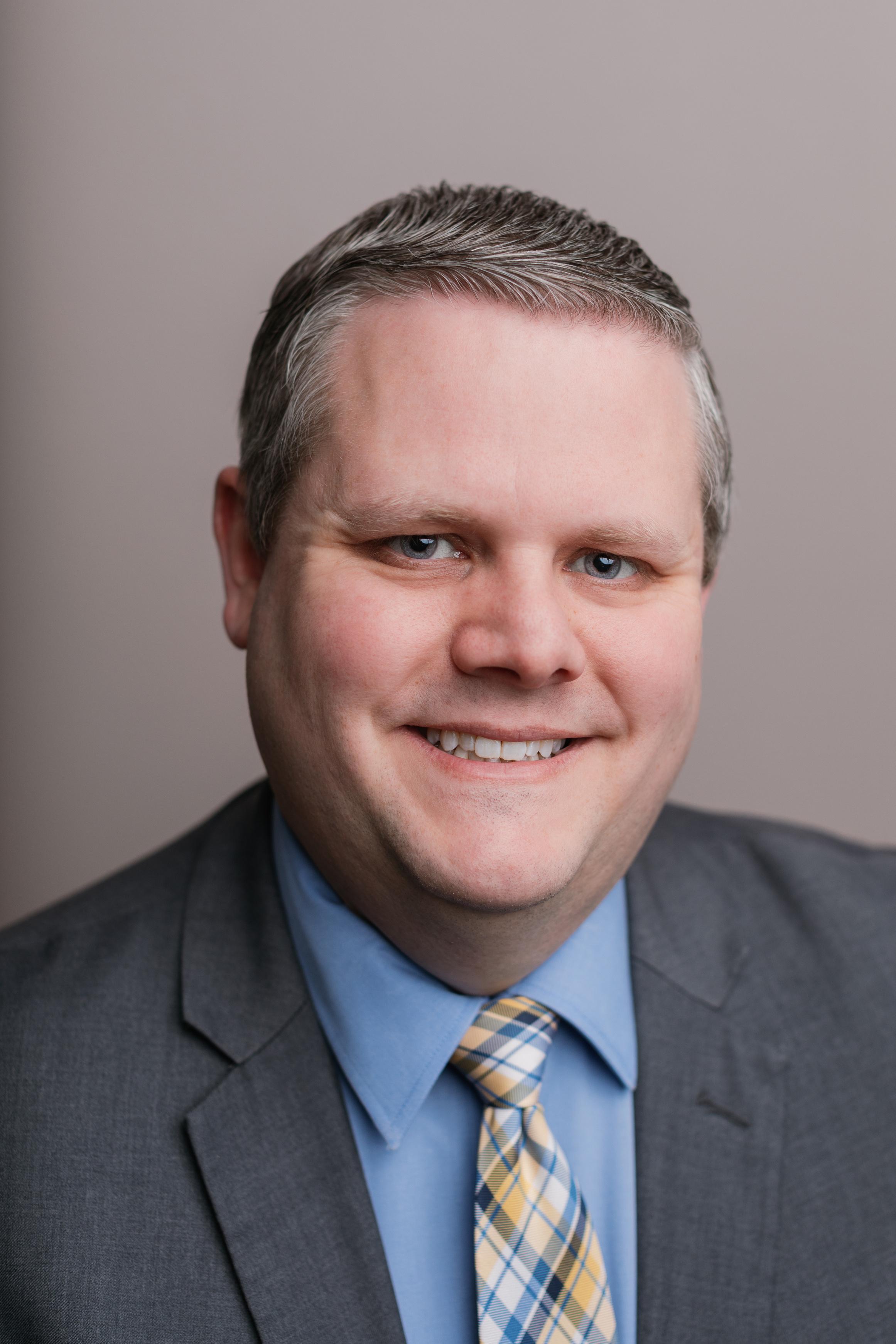
Kirk Albertson
Trevor Archer
Joel Arends
Dylan Bakken
Hon. John Bastian
Ken Bertsch
Paul Brankin
Leslie Adam Bryson
Jason Campbell
Robert Coacher
Jamie Damon
James Davies
Lee Dayton
Wade Druin
Jeremy Duff
John Duffy
Kristian Ellendorf
Harry Engberg
Gregg Engler
Eric Erickson
Jason Erickson
Craig Evenson
Dennis Evenson
Chris Farris
Casey Fideler
Clair Gerry
Bruce Ford
Dusty Ginsbach
Paul Hancq
Chris Hutton
Kenneth Jasper
Christian Jensen
Darrell Jesse
Clifton Katz
Amanda Kippley
Randy Kirkvold
Hon. John Konenkamp
Stacy Kooistra
Hon. Charles Kornmann
Jonathan Kotilnek
Kevin Krull
Denise Langley
Paul A. Lewis
Hon. Larry Long
Nathan Lukkes

Mathew Meyer
Matthew Michels
Bob Morris
Brian Murphy
David Natvig
Gordon Nielsen
Mark O'Leary
Matt Olson
Hon. Patrick Pardy
Robert Pasqualucci
Kaleb Paulsen
Zachary Phelps
Michael Pickett
Hon. Larry Piersol
Matthew Powers
Spencer Prosen
John Quaintance
Richard Rahn
Rick Ramstad
Hon. Mark Salter
Tom Sannes
Karla MacArthur Harris
Don McCarty
Mathew Meyer
Austin Schaefer
Ashley Schartz
Ronald Schulz
Hon. Gary Schumacher
Tracye Sherrill
Hon. Glen Severson
Jim Seward
Amanda Seykora
Michael Sharkey
William Sims
Hon. Robert Spears
Phillip Stiles
Hon. Greg Stoltenburg
Hon. Eric Strawn
James Sword
John Taylor
William Taylor
Creighton Thurman
Gary Thimsen
Hon. Stuart Tiede
Joseph Twidwell
Damian Vacin
Kellen Willert
Fred Winkler
Russel Zephier
*While we have made every effort to include all veterans in our list, there is a possibility that a name may have been inadvertently omitted. We sincerely apologize for any oversight and express our deep gratitude for your invaluable service. Your feedback is highly appreciated, and we encourage you to contact our office to ensure your recognition in the future.

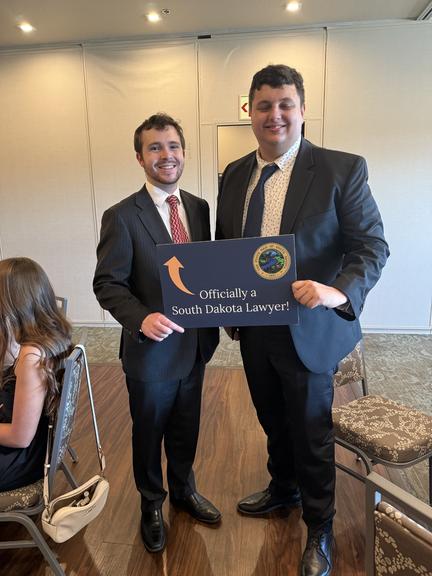
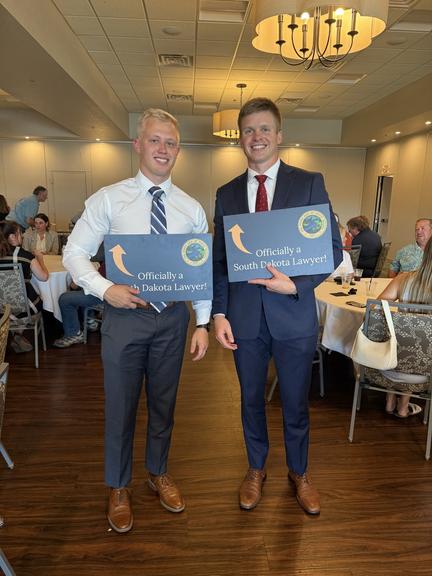
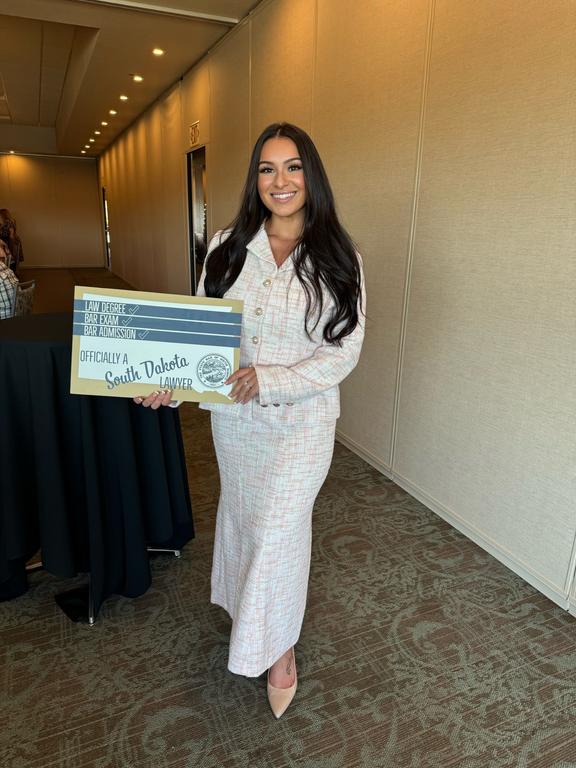

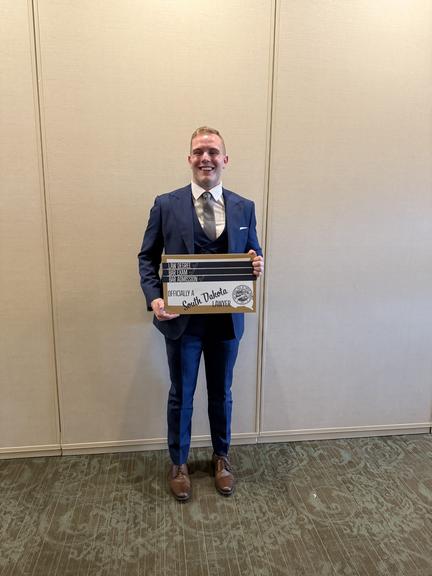
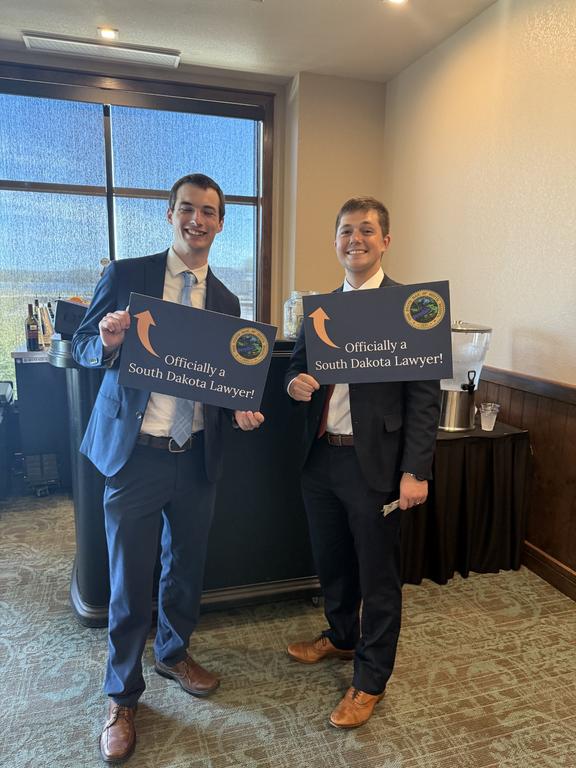
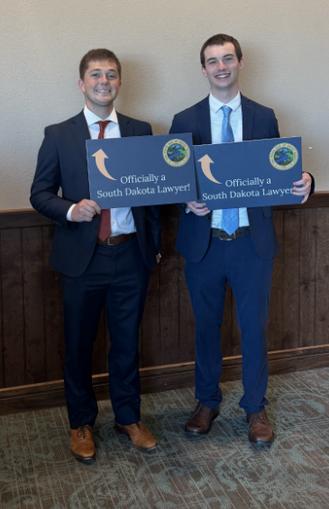
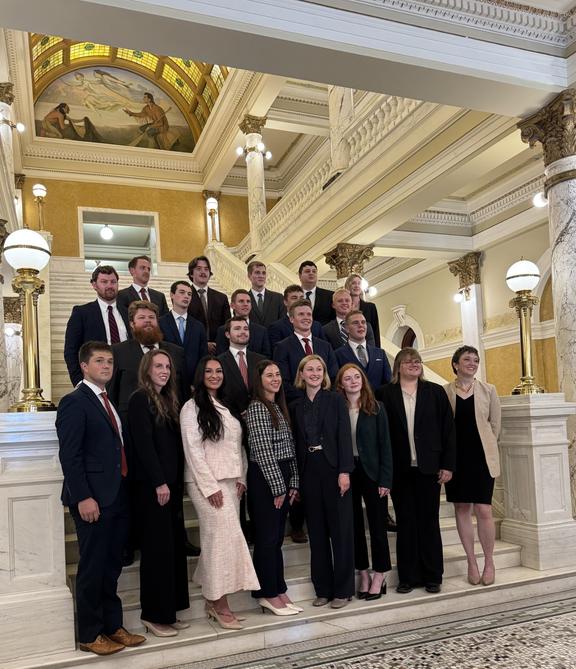
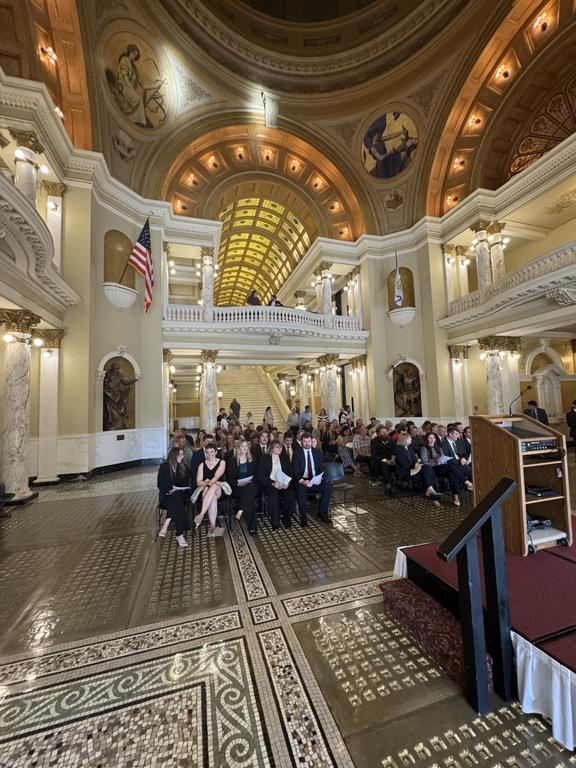
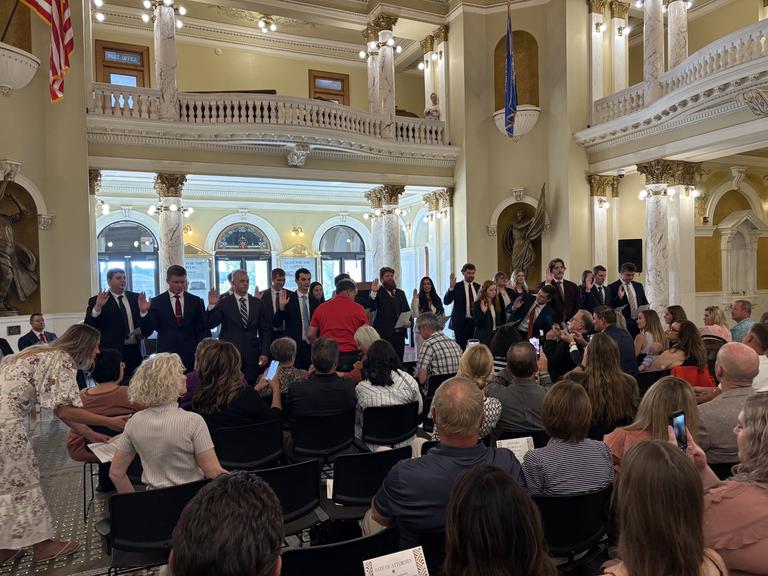

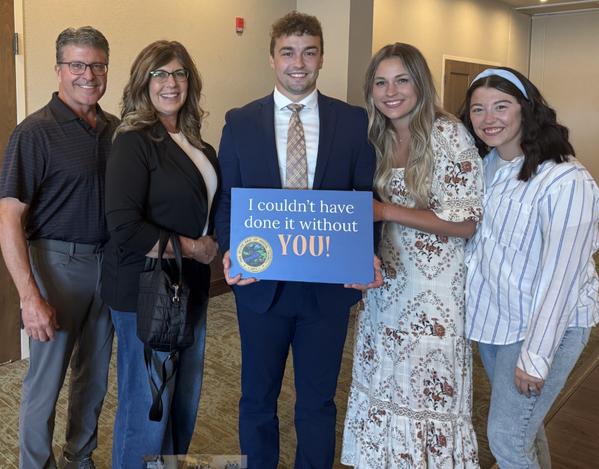
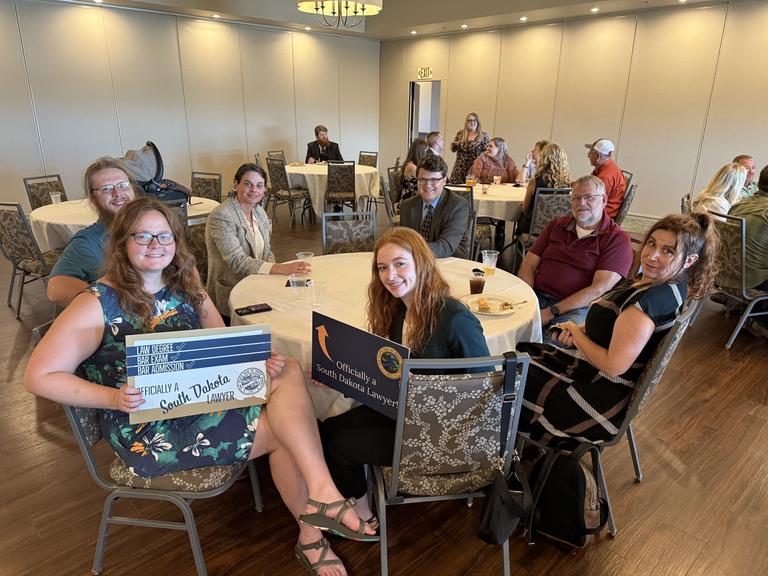

To view the updated committee assignments

��Stay current on statutory updates without manual research
Your alerts work 24/7, so you can focus on practicing law instead of searching for updates.

Mark your calendars for three powerful training opportunities this November, designed to help members get more from the advanced legal research platform included in your membership.
These focused sessions will reveal capabilities and workflows that can transform how you approach legal research through your Fastcase access.
Explore the platform's advanced features and AI-enhanced tools, from intelligent case analysis to personalization options that streamline your daily research.
● Date & Time: November 13, 2025 at 2:00 PM ET
● Register Now
Learn expert techniques for advanced filtering, smart search strategies, and workflows that help you find exactly what you need in less time.
● Date & Time: November 21, 2025 at 2:00 PM ET
● Register Now
See how Vincent helps corporate attorneys quickly surface critical insights, support business clients with confidence, and handle complex matters more efficiently.
● Date & Time: November 20, 2025 at 3:00 PM ET
● Register Now
These sessions offer practical strategies to sharpen your research skills and leverage the latest legal technology innovations.
Read about The 437 Project and how Kristina Schaefer and Laura Ringling became part of this incredible movement!
Every fall since 2022, a group of 12 runners embarks on a 437-mile relay across the state of South Dakota, starting at the Wyoming border and finishing right across the border in Iowa. However, The 437 Project is not a race for medals or personal bests - it’s a mission to raise funds and awareness for mental health and to spark meaningful conversations across communities. The funds raised in connection with The 437 Project benefit the Helpline Center, the only accredited suicide crisis center in the state of South Dakota. The 2025 event kicked off on September 24. After a brief sendoff from Avera Behavioral Health, the runners and volunteers participated in community events at St. Joe Elementary School and the Chamberlain High School. These events included information about mental health, The 437 Project, and the high school event included a message from Drew Robinson as well. We concluded the evening of the 24th with a community event in Rapid City, again featuring Drew Robinson and first responders from Rapid City.
On September 25, runners departed from the Wyoming border, beginning the 437-mile relay-style journey across South Dakota. Each runner completed four separate legs—about 40 miles in total—over the multiday event. The team ran continuously, 24 hours a day, primarily along Highway 34, supported by volunteers who drove ahead or behind each runner to ensure safety. Among the runners were State Bar members Kristina Schaefer and Laura Ringling, both advocates for mental health and long-time supporters of The Helpline Center. Kristina, a Miller native and member of the Helpline Board for several years, ran at approximately 10:30 a.m. in Sturgis, 7:00 a.m. in rural Haakon County, 4:30 a.m. in rural Hand County, and 11:20 p.m. in rural McCook County, near the Spencer quarry. Laura, who grew up in Platte and was part of South Dakota’s launch of 988, ran her segments at 9:00 p.m. at Enning, 5:30 p.m. at Pierre, 1:30 p.m. at Woonsocket, and 5:30 a.m. at Hartford.
Along the route, runners stopped in communities to
rest, refuel, and share the message of The 437 Project and its focus on mental health. The team stayed at Nellie’s in Enning, spent time at The Muddy Cup in Woonsocket, and hosted community events in Pierre and Mitchell before concluding in Sioux Falls with a finish line celebration on September 28.
Although there is still time to donate, at the finish line celebration, we presented a check for $322,000 to the Helpline Center – thanks to many generous personal and corporate donations.
Please visit https://the437project.org/ for donation opportunites and further information.
There’s also a documentary available on the website here: Documentary - The 437 Project. The application window for people hoping to participate in 2026 is now open, too!
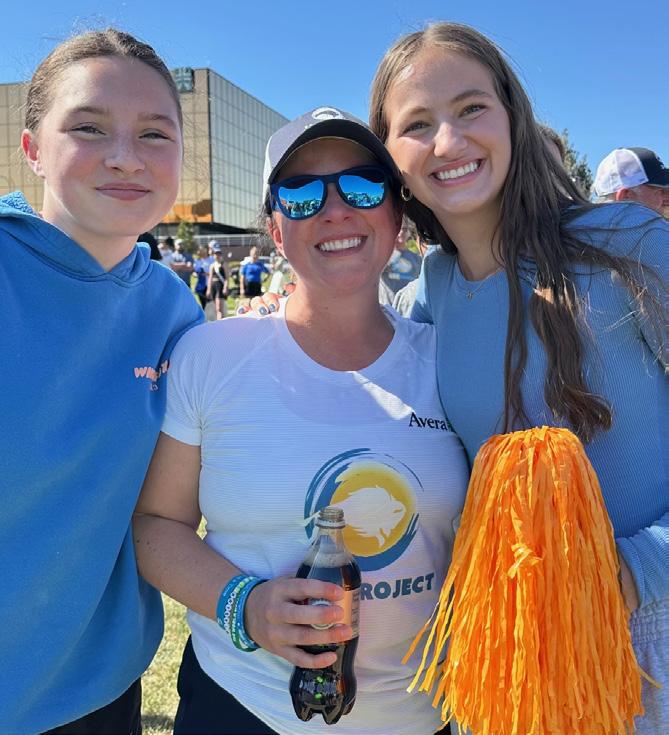
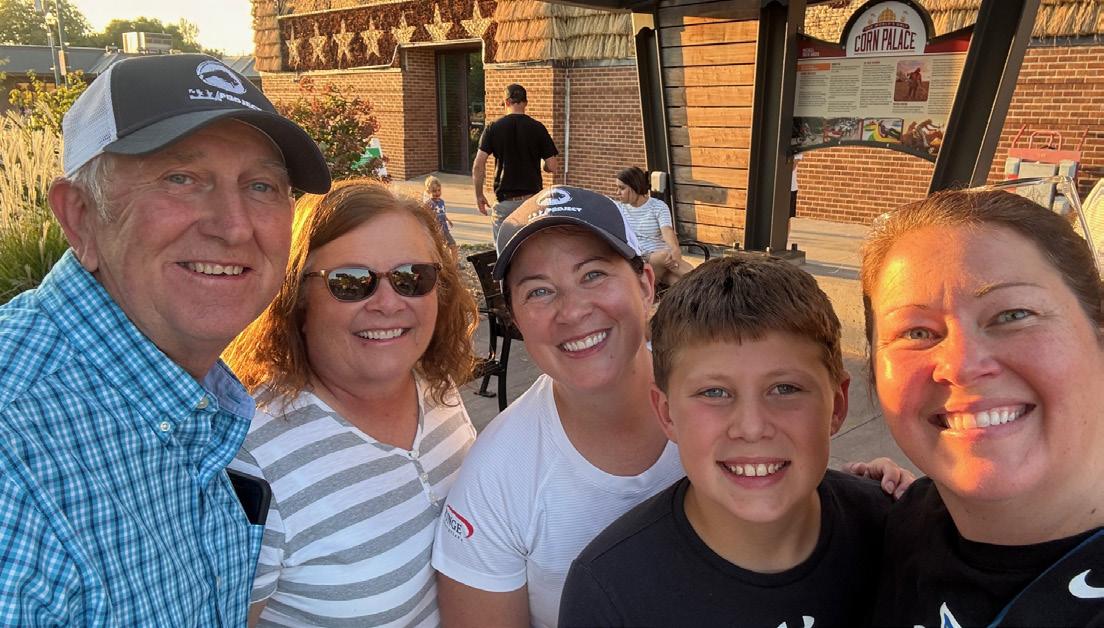
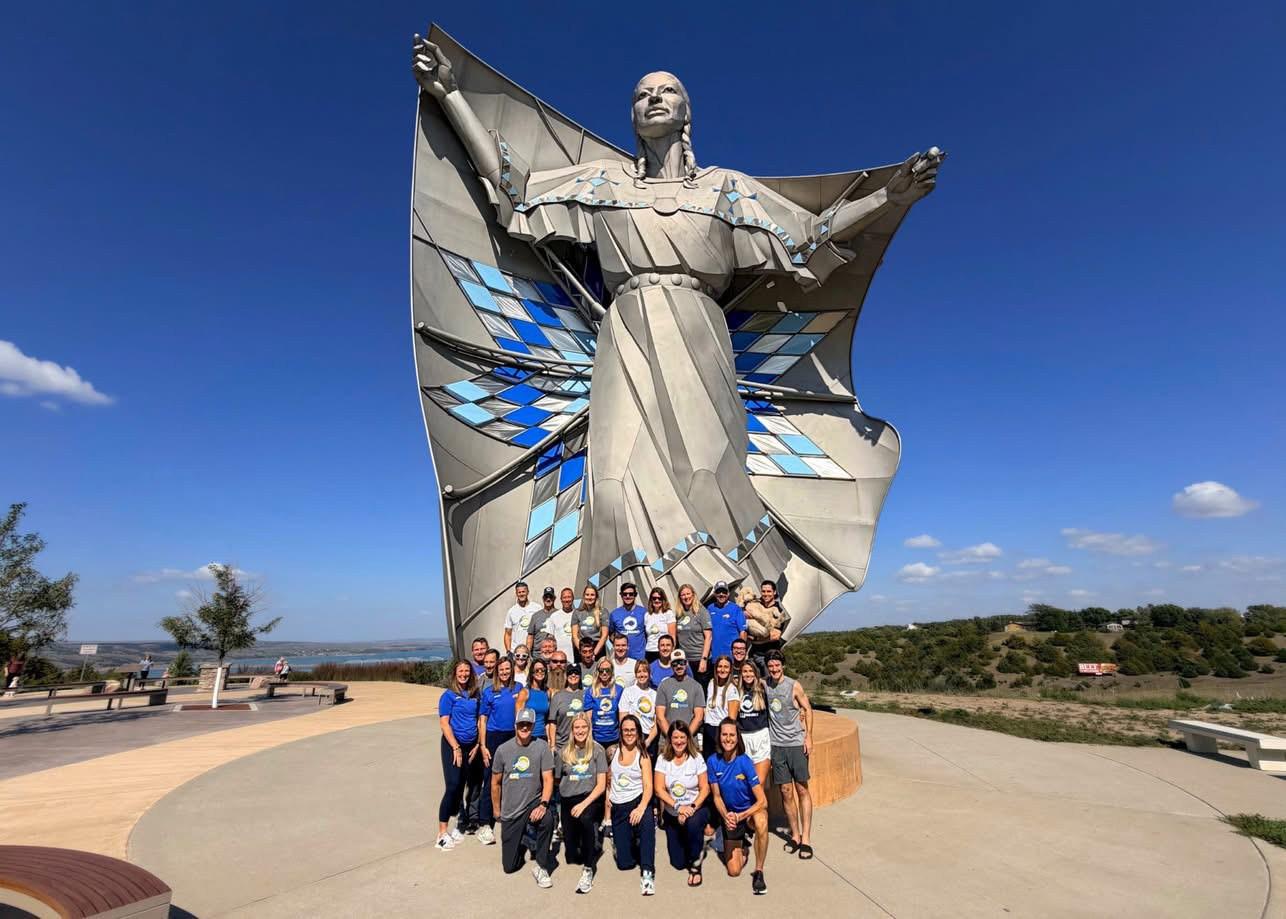
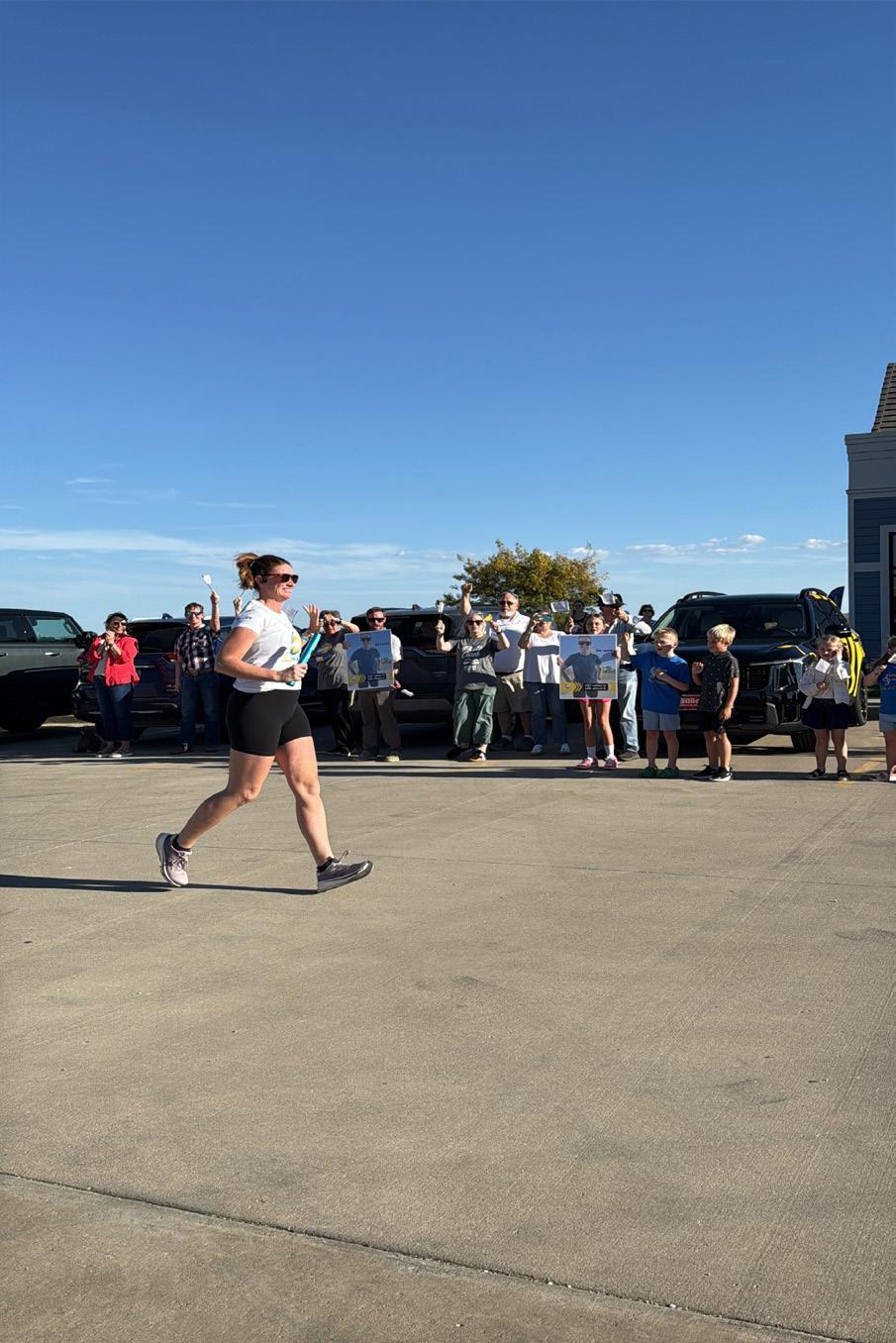
Almost everyone, even lawyers and law students have experienced a time when a personal problem or crisis affected their life. Recognizing this, your State Bar, over the past several years, has instituted a variety of ways to support our members when they may need it most . Go to https://www.sdlawyerwellness.com/, which is dedicated to providing you with the information you need about the programs and resources available to the members of our South Dakota legal community and their families

By Michael C. Maschke, Sharon D. Nelson, Esq., and John W. Simek
Ransomware used to be a high-stakes game requiring specialized skills. You needed serious coding chops, a custom exploit, and weeks of preparation. Now? All you need is a malicious idea, a large language model, and an internet connection.
Attackers are turning to generative AI to write malware, craft ransom notes, and automate campaigns. What used to require an experienced hacker team can increasingly be done with a few well-engineered prompts. That shift isn’t theoretical — and for law firms and their clients, it’s a legal, operational, and reputational powder keg.
Criminal groups are using generative AI to develop ransomware tools — even without deep technical expertise. Meanwhile, researchers have demonstrated proof-of-concept malware capable of dynamically generating attack code, adapting to defenses, and hiding its tracks in real time.
Translation: the entry barrier for ransomware is collapsing. What once took months of work can soon be launched in hours by someone with more ambition than expertise.
This isn’t just an IT problem. It’s a legal headache waiting to happen:
• Attribution gets fuzzy. If an attack is partially AI-generated, was the “actor” the hacker or the model itself? Blame will get murky fast.
• Regulation lags. Many cyber laws assume human-driven attacks; AI complicates breach notification, liability, and compliance obligations.
• Contracts will be tested. Indemnities, force majeure clauses, and “malicious acts” exclusions weren’t drafted with autonomous code in mind. Expect disputes.
• Duty to foresee risk expands. If firms know AI ransomware is coming, regulators and plaintiffs may argue they had a duty to prepare for it.
Lawyers advising on risk, contracts, or governance can’t treat AI ransomware as tomorrow’s problem. It’s already here.
If you have clients with any meaningful digital footprint, this is your checklist:
• Stress-test incident response plans: Assume an attacker can regenerate malware instantly if the first attempt fails. Update playbooks for adaptive, AI-driven threats.
• Audit contracts and indemnities: Push clients to revisit liability provisions in tech agreements. Define “malicious acts” broadly enough to include AI-generated attacks or risk ambiguity later.
• Add AI scenarios to tabletop exercises: Ransomware plans often assume static attacks. Add scenarios where the payload evolves mid-incident or uses generative tools to craft spear-phishing campaigns on the fly.
• Require transparency from vendors: If third-party vendors use AI in their systems, demand to know how they monitor, secure, and update these tools. Silence in contracts here could lead to future lawsuits.
• Monitor evolving regulations: As AI threats grow, lawmakers will respond. Clients should anticipate tighter reporting requirements, shifts in liability, and sector-specific dates.
AI-generated ransomware is still developing, but it is not yet the next WannaCry. However, it indicates the direction in which things are heading. Criminal groups are already experimenting with AI to reduce costs, increase scale, and automate extortion.
For lawyers, the message is clear: update your risk perspective before reality catches up. When the first AI-generated ransom note arrives, you don’t want to explain to your client or a regulator why no one prepared for it.
Because the era of AI ransomware isn’t on its way, it has already arrived.
Michael C. Maschke is the President and Chief Executive Officer of Sensei Enterprises, Inc. Mr. Maschke is an EnCase Certified Examiner (EnCE), a Certified Computer Examiner (CCE #744), an AccessData Certified Examiner (ACE), a Certified Ethical Hacker (CEH), and a Certified Information Systems Security Professional (CISSP). He is a frequent speaker on IT, cybersecurity, and digital forensics, and he has co-authored 14 books published by the American Bar Association. He can be reached at mmaschke@senseient.com.
Sharon D. Nelson is the co-founder of and consultant to Sensei Enterprises, Inc. She is a past president of the Virginia State Bar, the Fairfax Bar Association, and the Fairfax Law Foundation. She is a co-author of 18 books published by the ABA. snelson@senseient.com.
John W. Simek is the co-founder of and consultant to Sensei Enterprises, Inc. He holds multiple technical certifications and is a nationally known digital forensics expert. He is a co-author of 18 books published by the American Bar Association. jsimek@senseient.com.
Thank you to the South Dakota Bar Foundation for supporting the training session for State Bar members and journalists. Thank you to SDPB, South Dakota News Watch, and the Participants.
The October 10 session was held in person at SDPB locations in Sioux Falls and Rapid City, as well as online, and featured:
Judge Jon C. Sogn, Second Judicial Circuit
Karl Thoennes, Second Circuit Court Administrator
Judge Robert Gusinsky, Presiding Judge, Seventh Judicial Circuit
Amber Watkins, Pennington County Clerk of Court
Alisa Bousa, UJS Public Information Officer
Participants provided very positive feedback , and the judges and court staff took the time afterward to answer questions from attendees.
Attendance: 29 online, 8 in Sioux Falls, and 9 in Rapid City.
This training supports efforts by the State Bar to uphold our standards of professionalism. The Preamble to the South Dakota Rules of Professional Conduct states that lawyers “should further the public 's understanding of and confidence in the rule of law and the justice system because legal institutions in a constitutional democracy depend on popular participation and support to maintain their authority ”

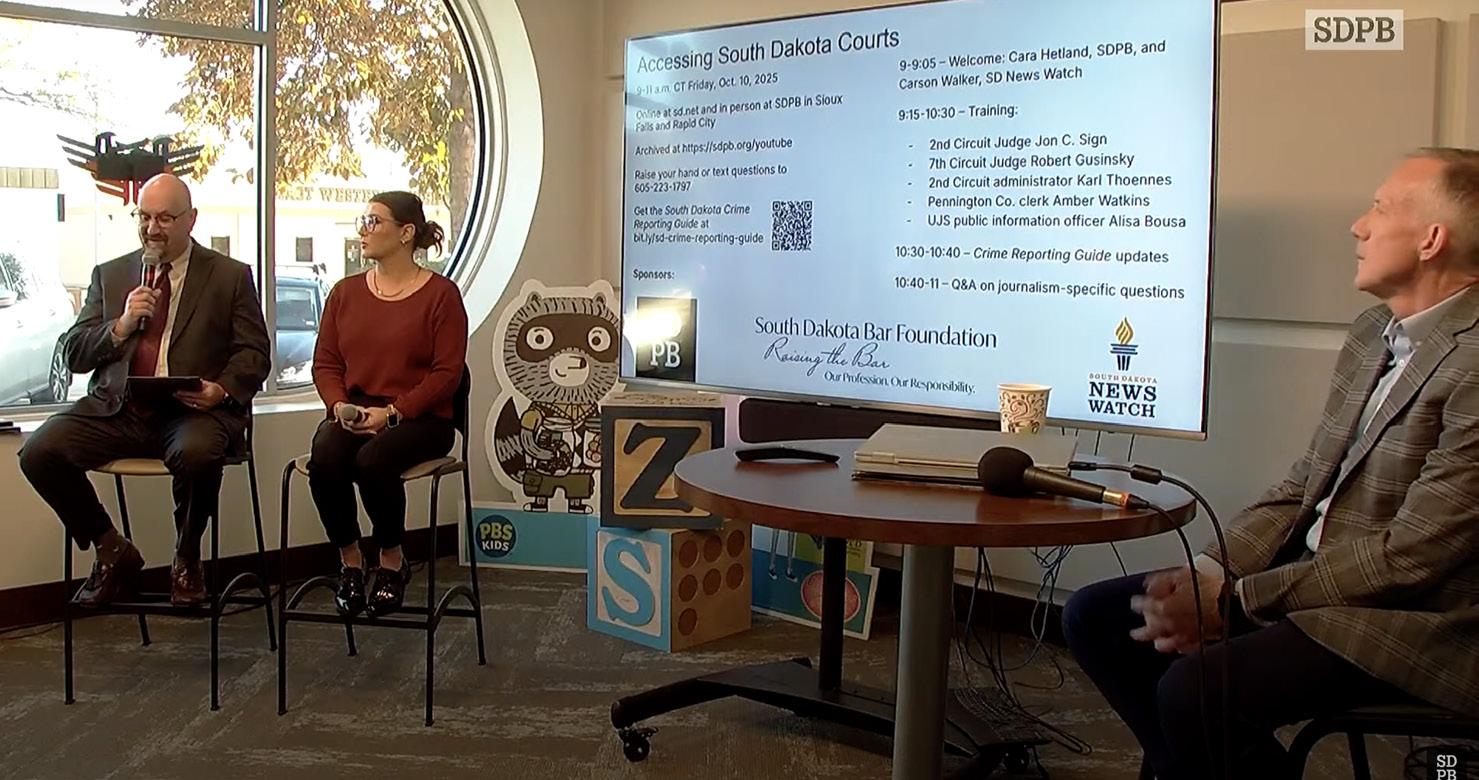
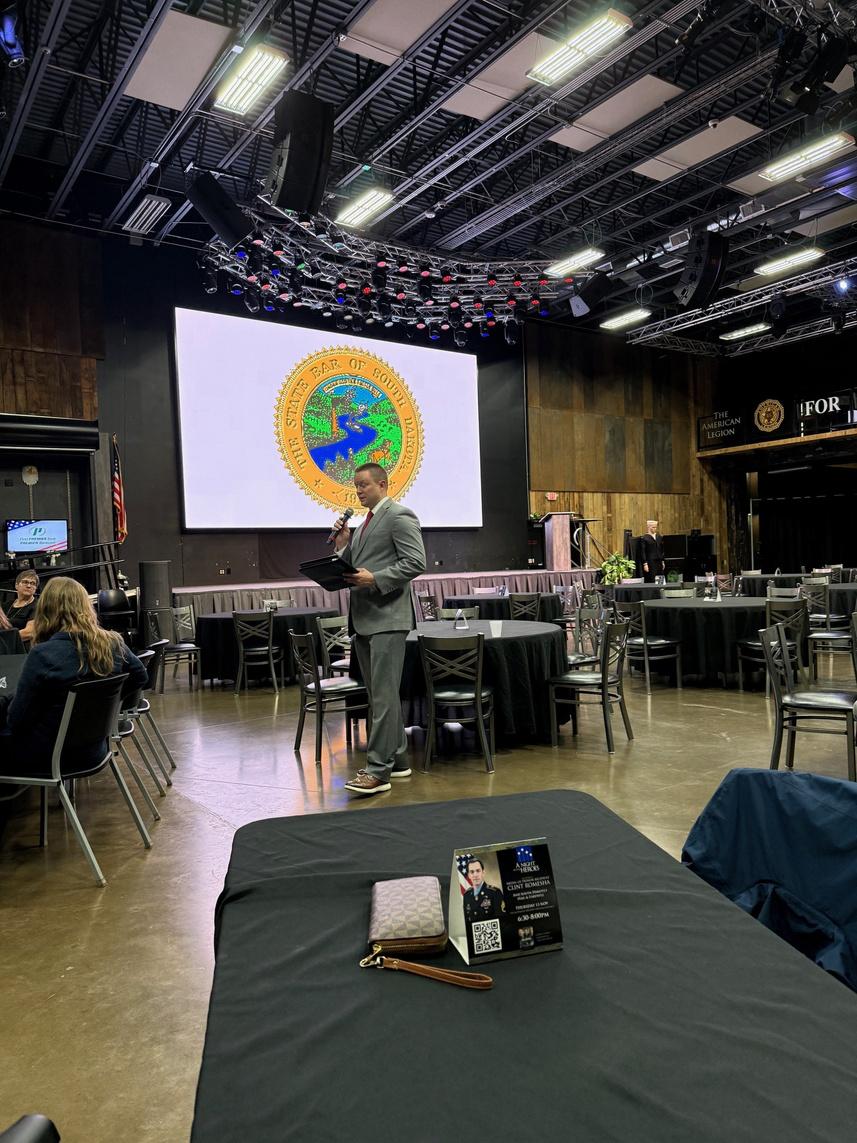

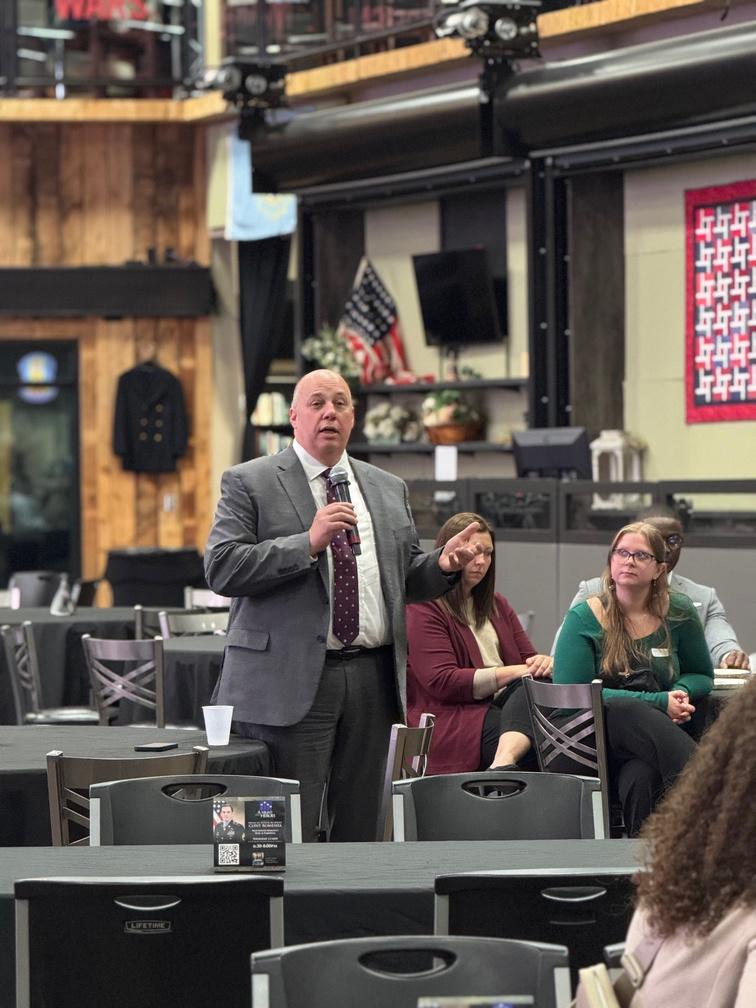
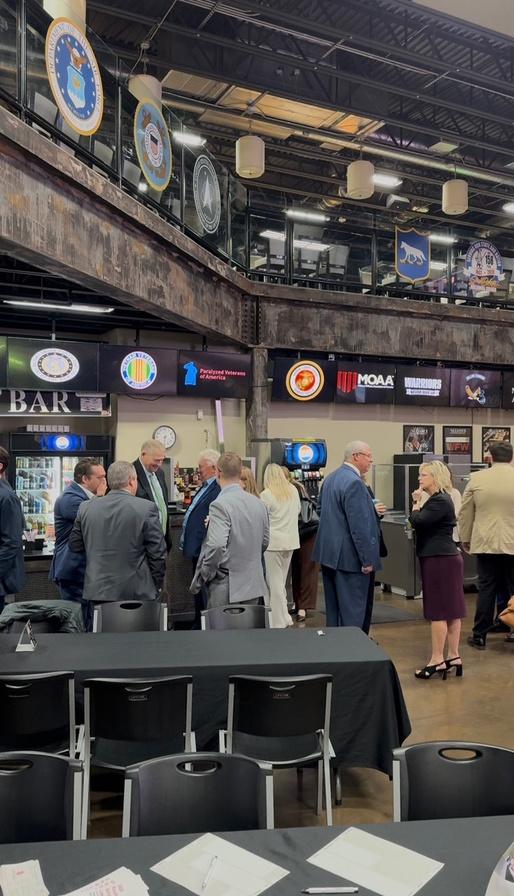
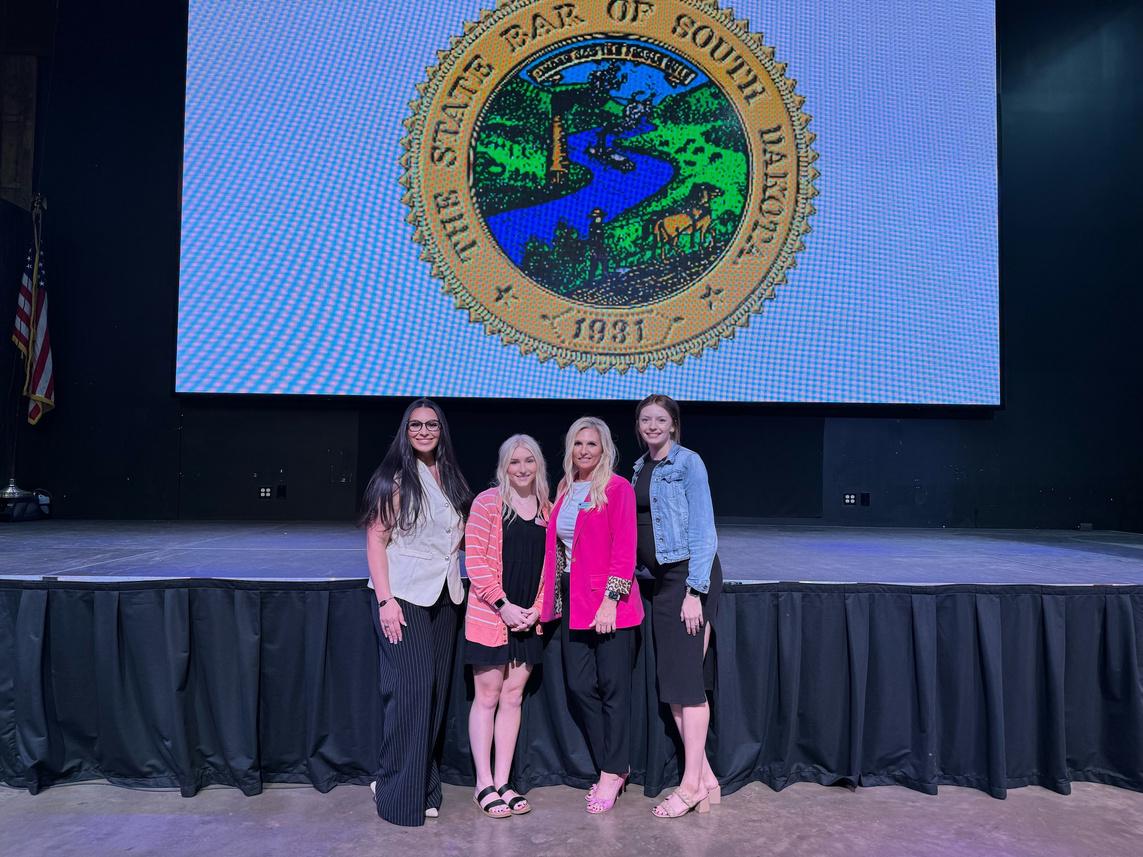
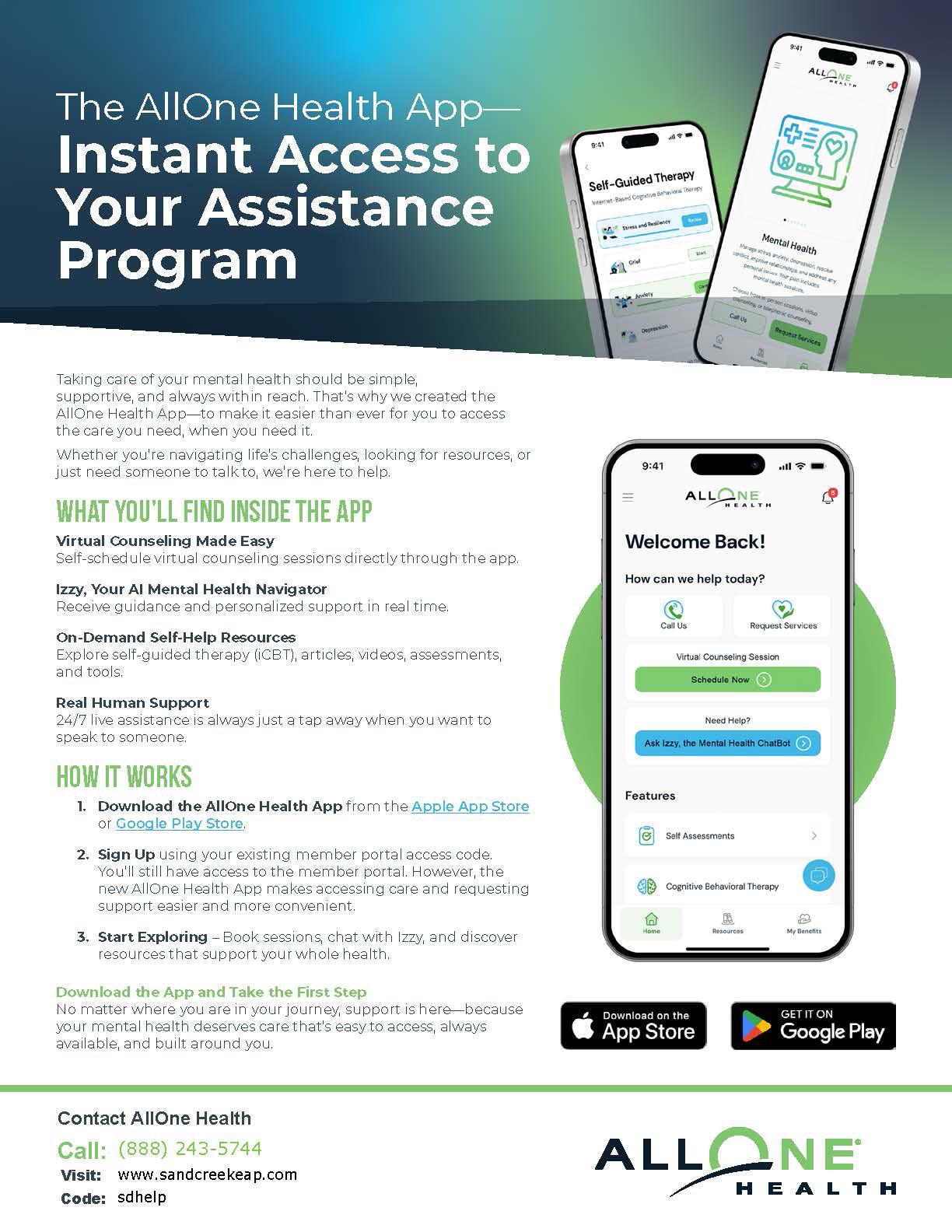
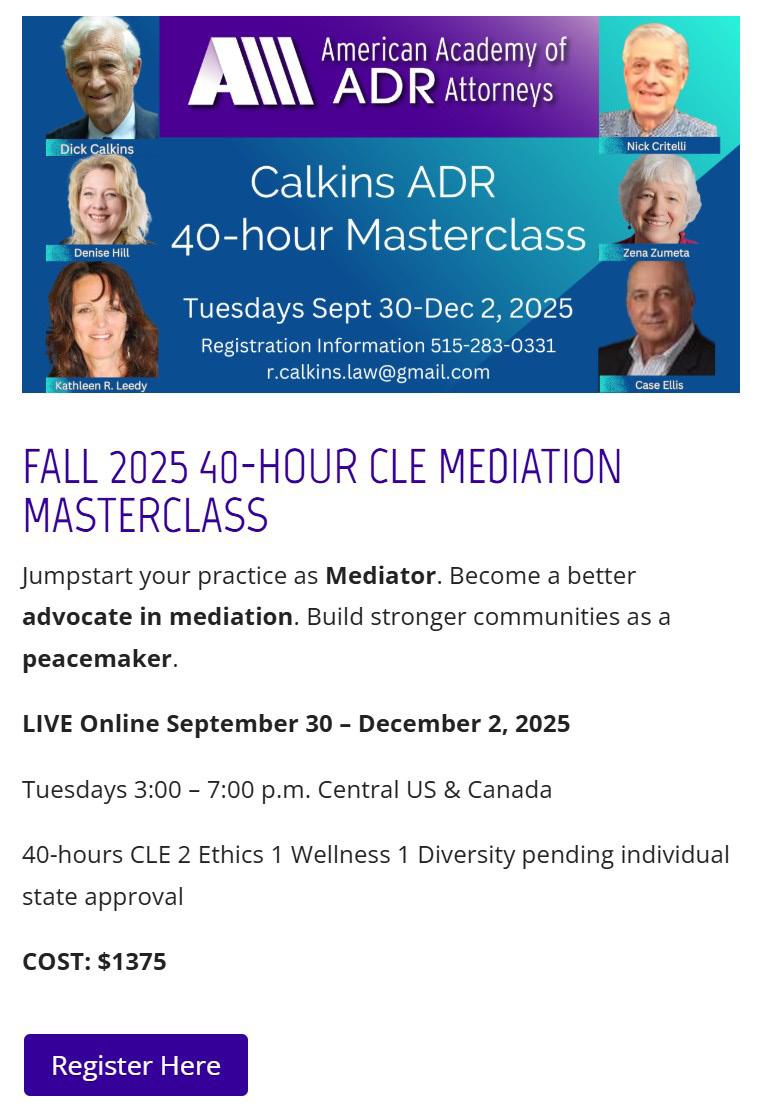
Authored by: Mark Bassingthwaighte, Risk Manager
For years, criminals have been using phones to try to scam people out of money or into disclosing personal information and they have tended to find success with victims who were not very tech-savvy. Today, however, cybercriminals are using vishing attacks to up their game. Vishing is a short way of saying voice phishing. It’s a type of social engineering scam where cybercriminals use the phone to impersonate trusted entities such as banks, government agencies, vendors, and even your own IT support. Their goal is to use real-time manipulation and emotional pressure to trick victims into enabling the download of malicious software or revealing sensitive information, like login credentials, credit card numbers, or bank details.
Vishing attacks take phone scams to a whole new level of sophistication by making it more difficult for even tech-savvy folks to recognize the scam. In part, this is because criminals can now use spoofing tools. Such tools allow them to make it appear their call is coming from a recognizable phone number hoping the callee will believe they are calling from an organization the callee would normally interact with. Making matters worse, due to the amount of information available on social media websites coupled with the vast amount of personally identifiable information that has been stolen via cyberbreaches like the one that occurred with Equifax, criminals have all the information and tools they need to try and perpetrate a very convincing scam. Perhaps several examples will help elucidate the seriousness of the situation.
The first example concerns a partner in a small estate planning firm who received a call from someone claiming to be with the firm’s IT service provider. Using a spoofing tool, the correct company name and number appeared on his caller ID display. The caller
calmly explained a security breach was traced back to the firm’s IP address and there was some unusual activity on the firm’s email server which needed to be stopped. The caller asked the lawyer to log in to the network and open a link the caller sent via email so that a security patch could be installed. The lawyer, concerned about unauthorized access to client data, followed the caller’s instructions to include eventually giving the caller remote access to his computer so the caller could finalize the security update. The end result was this lawyer’s actions not only allowed a criminal to install spyware on the lawyer’s computer, but within an hour they enabled the criminal to begin using the lawyer’s email account to send phishing emails to firm clients.
The second example concerns an associate at a family law firm who received a call purportedly from a representative of the state bar’s disciplinary board. The caller shared that a complaint has been filed against the lawyer and referenced legitimate bar rules and disciplinary procedures. The caller went on to explain that due to the nature of the allegations and in order to initiate the processing of the matter, the lawyer needed to immediately confirm her identity while also sharing that a failure to cooperate would be noted and could even result in an imminent suspension. The caller then asked for the associate’s bar number, date of birth, and the last four digits of her social security number. The end result was this criminal was able to use the stolen information to impersonate the lawyer in an attempt to defraud “clients.”
The final example involves a call from someone claiming to be from a lawyer’s bank. The caller was quite pleasant and professional. The caller shared that there was some suspicious activity in the lawyer’s
personal account, and also accurately provided a little personally identifiable information. The call went something like this: “I’m calling from [lawyer’s bank]. Someone’s been using your debit card ending in 8774. In fact, one of the charges is for $1473.82 on Amazon. I’ll need to verify your Social Security number, which ends in 3006. Is this correct?” The lawyer responds yes. “Thank you. Now, if you would provide me with your full debit card information, we can stop this unauthorized activity.” Because the personally identifiable information was accurate, the lawyer did provide the information believing the caller would remove the suspicious charges and immediately authorize the sending of a replacement card. Unfortunately, the lawyer’s actions resulted in giving complete access and control of the lawyer’s hard-earned money to a criminal who emptied out the lawyer’s checking account while still on the phone with the lawyer.
There are a number of steps one can take to avoid falling prey to these types of scams; but the most important one is this. Never volunteer information or assist someone in accessing any account, financial or otherwise, if you didn’t initiate the call. Just because someone shares accurate personal information about you doesn’t mean you can trust them! The best course of action would be to hang up and call them back using a phone number you’ve verified independently (e.g., from their official website, a bill, or a statement) to determine if something is amiss. Never use a number the caller provides. Additional steps to take include the following:
Always be wary of unsolicited calls. Legitimate organizations, such as banks or government agencies,
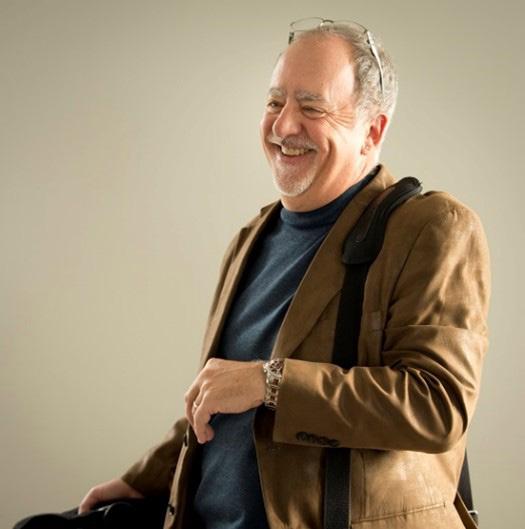
typically won’t call out of the blue and ask for sensitive information. If you receive an unexpected call, especially one with a sense of urgency or is coupled with scare tactics, you should become suspicious. Stop, take a breath, and think logically. Remember that legitimate organizations don’t use such tactics. Also be wary of voicemail. Voicemail can be used as something of a Trojan Horse. In short, scammers often leave voicemails that sound quite credible, prompting call-backs that initiate the real con.
Trust Your Gut. Be aware that emerging AI voice cloning tools allow scammers to mimic voices, adding a layer of realism that’s hard to detect. So, if something about a call (or voicemail) feels off, trust your instincts and hang up. You are not obligated to continue the conversation. Pay attention to details like poor call quality, unusual background noise, or a robotic-sounding voice, which can be signs of a scam. Don’t trust Caller ID. Scammers can spoofed numbers to make it look like they’re calling from your bank, the IRS, or even a family member.
Use two-factor authentication on every personal and work account that makes it available. This adds an extra layer of security, making it harder for a scammer to access your accounts even if they obtain your password.
Conduct mandatory training on these types of scams. Anyone at your firm could be the target of a vishing scam, thus everyone must be taught how to recognize and respond to vishing attacks. The goal is to create a healthy culture of skepticism toward unsolicited requests for information or actions.
Authored by: Mark Bassingthwaighte, ALPS Risk Manager
Since 1998, Mark Bassingthwaighte, Esq. has been a Risk Manager with ALPS, an attorney’s professional liability insurance carrier. In his tenure with the company, Mr. Bassingthwaighte has conducted over 1200 law firm risk management assessment visits, presented over 400 continuing legal education seminars throughout the United States, and written extensively on risk management, ethics, and technology. Mr. Bassingthwaighte is a member of the State Bar of Montana as well as the American Bar Association where he currently sits on the ABA Center for Professional Responsibility’s Conference Planning Committee. He received his J.D. from Drake University Law School.

The Hagemann-Morris Young Lawyer Mentorship Coin Program strives to foster mentorship within the State Bar by pairing members of the Young Lawyers Section with Mentors who can provide candid and insightful guidance to Young Lawyers as they navigate the beginning stages of their legal career. The Program hopes to:
• Foster the development of the Young Lawyers practical skills and their knowledge of legal customs;
• Create a sense of pride and integrity in the legal profession;
• Promote collegial relationships among legal professionals;
• Improve legal ability and professional judgment; and
• Encourage the use of best practices and highest ideals in the practice of law.
State Bar members are members of the Young Lawyers Section until they reach age 40 or have practiced law for ten years, whichever occurs later.
1. Young Lawyers and Mentors sign up with the State Bar by completing the online forms linked below
2. The YLS Board establishes a compatible mentorship pair.
- The YLS Board creates mentorship pairs using the information provided in the applications and reaching out to attorneys believed to be a good fit for the Young Lawyer.
- Young Lawyers may also request specific mentors or request Mentor Coins for an alreadyestablished mentorship.
3. The YLS Board will send the Young Lawyer and Mentor an informational packet with suggested conversations and activities. The Young Lawyer will also receive Mentor Coins.
4. The Young Lawyer may present a Mentor Coin to their Mentor as an invitation for mentorship and acknowledge their trust in such Mentor. JOIN THE PROGRAM

https://statebar.typeform.com/mentorship
Clio integrates with 300+ apps like Google and Microsoft 365 to provide the seamless experience clients demand. Get 10% off as a South Dakota Bar Member. Book a Demo

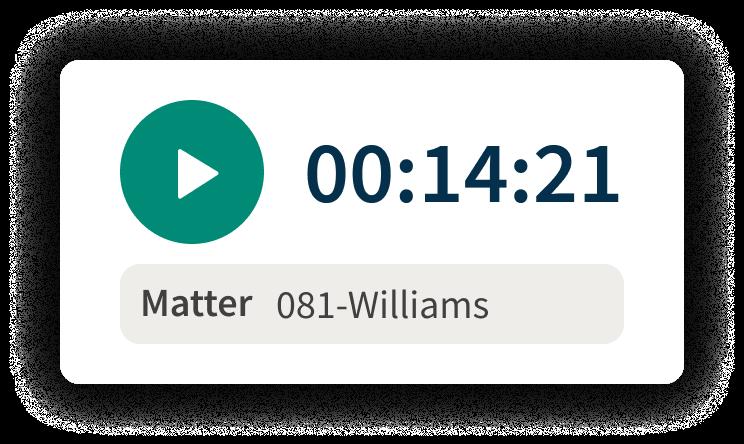


I DO SOLEMNLY SWEAR, OR AFFIRM, THAT:
I WILL SUPPORT THE CONSTITUTION OF THE UNITED STATES AND THE CONSTITUTION OF THE STATE OF SOUTH DAKOTA;
I WILL MAINTAIN THE RESPECT DUE TO COURTS OF JUSTICE AND JUDICIAL OFFICERS;
I WILL NOT COUNSEL OR MAINTAIN ANY SUIT OR PROCEEDING WHICH SHALL APPEAR TO ME TO BE UNJUST, NOR ANY DEFENSE EXCEPT SUCH AS I BELIEVE TO BE HONESTLY DEBATABLE UNDER THE LAW OF THE LAND;
I WILL EMPLOY FOR THE PURPOSE OF MAINTAINING THE CAUSES CONFIDED TO ME SUCH MEANS ONLY AS ARE CONSISTENT WITH TRUTH AND HONOR, AND WILL NEVER SEEK TO MISLEAD THE JUDGE OR JURY BY ANY ARTIFICE OR FALSE STATEMENT OF FACT OR LAW;
I WILL MAINTAIN THE CONFIDENCE AND PRESERVE INVIOLATE THE SECRETS OF MY CLIENT, AND WILL ACCEPT NO COMPENSATION IN CONNECTION WITH A CLIENT'S BUSINESS EXCEPT FROM THAT CLIENT OR WITH THE CLIENT'S KNOWLEDGE OR APPROVAL;
I WILL ABSTAIN FROM ALL OFFENSIVE PERSONALITY, AND ADVANCE NO FACT PREJUDICIAL TO THE HONOR OR REPUTATION OF A PARTY OR WITNESS, UNLESS REQUIRED BY THE JUSTICE OF THE CAUSE WITH WHICH I AM CHARGED;
I WILL NEVER REJECT, FROM ANY CONSIDERATION PERSONAL TO MYSELF, THE CAUSE OF THE DEFENSELESS OR OPPRESSED, OR DELAY ANY PERSON'S CAUSE FOR LUCRE OR MALICE.
Preamble
A lawyer should demonstrate civility, personal courtesy, dignity, respect and professional integrity when interacting with the public and participating in the legal system. As we vigorously represent our clients, we must honor our obligations to the administration of justice, resolving disputes in a rational, diplomatic, and efficient manner. We must remain committed to the rule of law as the foundation for a fair and peaceful society.
While our State’s Rules of Professional Conduct are instructive, they cannot address all of the various circumstances and conflicts that arise. The following standards are designed as a guide for lawyers and judges when interacting with each other, with litigants and with the public. Lawyers are expected to adhere to these standards as a commitment to justice and the rule of law.
Creed
As lawyers licensed to practice in South Dakota, admitted to the State Bar of South Dakota and/or admitted pro hac vice to appear in a matter before any Court in South Dakota, we will at all times adhere to the following:
1. We will treat participants of the legal system with civility, dignity and courtesy in court, as well as in all communication.
2. We will refrain from using hostile, demeaning or humiliating words in written and oral communications with adversaries.
3. We will continue to prioritize the inclusion and active participation of lawyers (and law students) from all backgrounds, identities and circumstances.
4. We will avoid impermissible ex parte communications with the court.
5. We will not intentionally mislead the court in oral or written communications.
6. In court, we will be punctual and prepared. We will not engage in conduct that is disorderly or disruptive and will instruct our clients and witnesses to act accordingly.
7. We will consult with other counsel concerning scheduling and deadlines prior to bringing such issues to the court. We will not unilaterally schedule hearings, depositions or similar matters.
8. We will not assert improper conduct on the part of other counsel without good cause and an adequate factual basis.
9. When agreements are reached, we will adhere to the agreement and accurately and in good faith memorialize the agreement in writing.
10. We will draft orders that accurately and completely reflect the court’s ruling.
11. We will not time the filing or service of motions or pleadings with an attempt to unfairly limit another party’s ability to respond.
12. We will explain to our clients that cooperation, civility and fair dealing are expected in the legal system.
13. We will advise our clients that we reserve the right to grant accommodations to other counsel in matters not directly affecting the merits of the case or prejudicing their rights.
14. Discovery requests will be drafted without harassment or placing undue burden on the other party. Further, we will instruct our clients that they must fully and honestly respond to discovery requests.
15. When there is a potential for settlement, we will timely confer with our client and other counsel and not purposefully delay negotiations.
16. We will in good faith stipulate to undisputed matters.
17. We will strive to abide by previously scheduled dates for trials, hearings, depositions, meetings and conferences.

The South Dakota Bar Association offers a special group insurance plan for bar members and their employees through Avera Health Plans.
Organizations with employees who are active members of the South Dakota Bar Association qualify
The following networks are available:
• Standard Network – Avera and other independent providers across South Dakota and northwest Iowa
• Direct Network – Avera-owned, -managed and -leased providers. Available to employers headquartered in Brown, Lincoln and Minnehaha counties.
• Extended Network – Along with our Standard network, members can take advantage of a Nationwide PPO network that offers access to a range of health care providers and facilities like Mayo Clinic.
The plan offers the following benefits:
• Lower premiums
• Options not available on small group plans, such as the more comprehensive “Ultra” plans
• The Nationwide PPO network provides access to a broad range of services at lower costs than out-of-network options.
• The SD Bar Association plan does not include pediatric dental and vision. If you have questions about how to get these benefits, an Avera Health Plans representative can explain your options.
• The Bar Association health plan renews annually on Sept. 1, but benefits follow a calendar year (January–December). If you enroll on April 1, your plan will follow 2024-2025 pricing until the next renewal on Sept. 1. If a member signs up for the plan mid-year, they will receive a credit for deductible and out-of-pocket expenses to cover them until the renewal date (Sept. 1).
• Prices and benefits are subject to change.
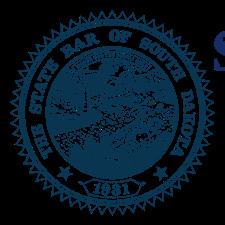
Members of the Mandatory CLE Study Committee presented the Committee’s report to State Bar members at the June 20, 2025, State Bar Business Meeting in Rapid City. Committee member Pamela Reiter discussed the Committee’s report and recommendation that South Dakota adopt mandatory CLE requirements. Committee cochair Heather Lammers Bogard made the following motion:
The State Bar recommends that the South Dakota Supreme Court consider drafting a rule consistent with the Mandatory CLE Study Committee report and recommendations.
Steve Huff seconded the motion. President Sarah Sharp Theophilus opened the floor for questions and discussion. Various members made comments in support of and in opposition to the motion, and Committee members responded to questions. The question was called after approximately 30 minutes of discussion, and a voice vote was taken, showing both support and opposition to the motion.
A member requested a division, and the President granted the request. Those who supported the motion were asked to stand, and then those who opposed the motion were asked to stand. After observing the division, President Sharp Theophilus declared that the motion carried by a majority vote of those present. The division demonstrated a number of members present who opposed the motion.
A member made a motion to conduct a vote on the motion by ballot, and that motion was seconded. Members voted by voice on the motion to vote by ballot. The motion to conduct a vote by ballot failed.
In summary, the majority of members present voted to support the motion to adopt mandatory CLE requirements, and that motion carried.
The State Bar thanks Bar members for engaging in a civil and constructive discussion. The vote was instructive, but not determinative, because the South Dakota Supreme Court retains final authority to regulate the profession of law in South Dakota.
The State Bar of South Dakota will continue to work with Bar members and the Supreme Court to determine future steps. State Bar members and the public will have further opportunities to provide input via the Supreme Court rules process if a rule is presented. The State Bar will continue to provide updates and information to our members. The Study Committee recommended that CLE requirements, if enacted, take effect no earlier than 2027.
(The information above is a summary and is not the official minutes.)




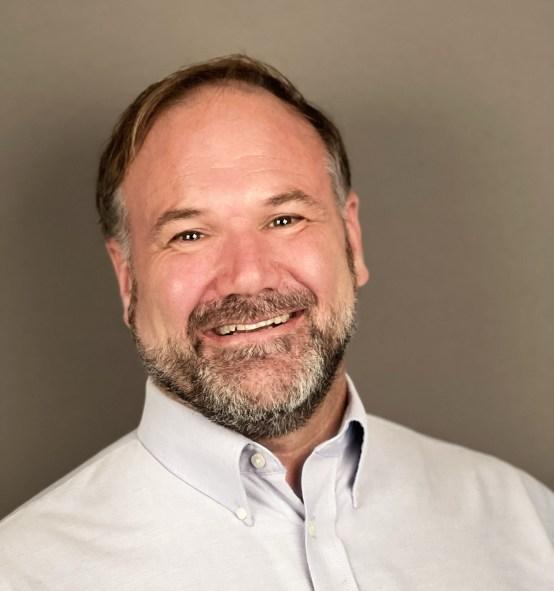


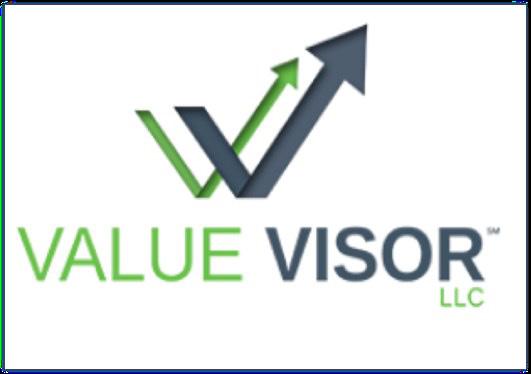








Purpose-built for your path forward
Designed specifically for legal, accounting, and client-focused professionals
Optimized for clarity and control
Smarter workflows that drive efficiency and deliver the insights you need to succeed
Supported by experts you can trust
From onboarding to live support, our team is here to help you—every step of the way
One platform, many possibilities
Powerful solutions built to support every part of your business and simplify your day



The following agents or agencies that are authorized to sell the State Bar Association Health Plan.
Office Location
Mitchell & Yankton Area
Aberdeen Area
Sioux Falls Area
Sioux Falls & Brookings Area
Pierre, Mitchell & Sioux Falls Area
Watertown Area
Dice Financial
Mark Mehlhoff
Midwest Employee Benefits
McGreevy & Associates
Fisher Rounds & Associates
Freimark & Associates
Office Location Agency Agency Contact Contact
West River
Black Hills Insurance Agency
Black Hills Insurance Agency
Carver Insurance
Jacquelyn Johnson
Mark Mehlhoff
Dawn Knutson
John Lawler
Josh Gilkerson
Todd Freimark
Dan Maguire
Everett Strong
Lisa Knutson
Questions on Eligibility, Rates, and Services?
Please contact the agency listed above based on your office location within the state for questions related to the Association Healthcare Plan.



Life is often busy, and responsibilities can feel overwhelming. Your Assistance Program is here to help save time and clear your mind with personal assistant referrals.
Our personal assistant team listens to your requests, conducts research, and provides comprehensive referrals, resources, and information to help with your needs. Personal Assistant referrals can include:
• Home care, renovation, and repair services
• Grocery and meal delivery services
• Transportation, car maintenance and repair
• Travel research, planning and itineraries
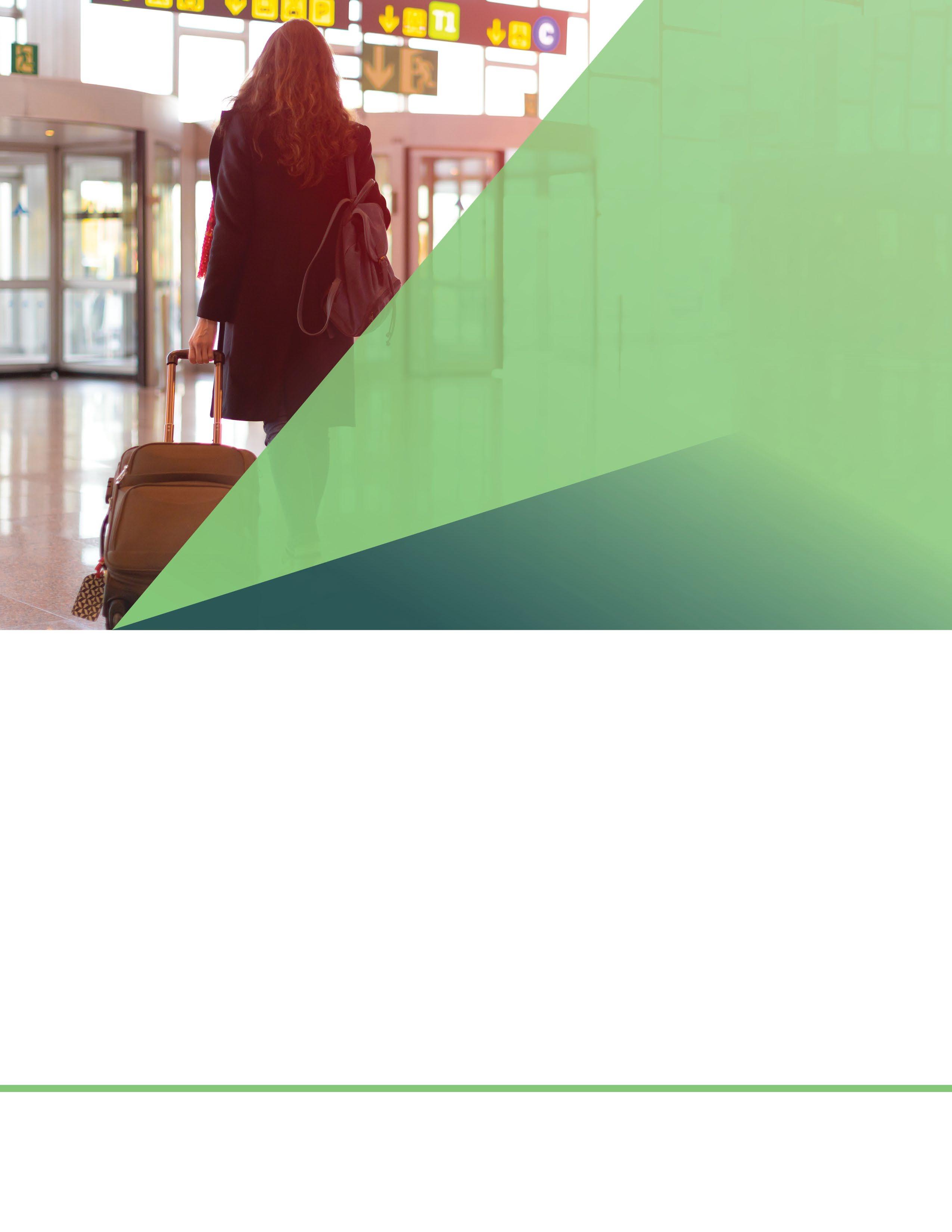
• Self-care, spas, gyms, and local services
• Theatre, concerts, and sporting events referrals
• Children's sports, programs, and activities
• Donations and volunteer opportunities
Personal Assistant referrals are non-transactional. Your Assistance Program is free to use, confidential, and open to family members.
Contact AllOne Health
Call: 888-243-5744 Visit: sandcreekeap.com

26th of each month next
Email your employment announcement to tracie.bradford@sdbar.net by to have it included in the newsletter. Please be sure to include a closing date. To see more jobs listings, visit www.statebarofsouthdakota.com

This position is located in Sioux Falls, South Dakota.
The Minnehaha County Public Defender’s Office is looking for dedicated Deputy/Senior Deputy Public Defenders with excellent advocacy skills who are committed to ensuring justice to indigent clients appearing in the criminal and juvenile justice system. We are currently seeking applicants who are interested in becoming part of an experienced litigation team that has a high capacity for trials and offers an expansive opportunity for courtroom practice. Apply now to be considered for this opportunity to grow your criminal defense practice, access our expansive document library, and surround yourself with skilled criminal defense attorneys.
A comprehensive benefits package includes paid holidays; health, dental, vision, and life insurance; generous PTO program; extended sick leave program; inclusion in the South Dakota Retirement System (SDRS); and a deferred compensation plan!
***Please attach a cover letter to the online application.***
This posting will remain open until filled. Review of applications begins on October 20, 2025, with an anticipated start date in December 2025 or based on candidate availability. The 2026 hiring range is $3,780.00 - $4,376.00/biweekly.
• Advocate on behalf of individuals charged with felonies and misdemeanors through all phases of litigation to include pre-trial, trial, and litigating all aspects of the case through disposition.
• Coordinate efforts with a support team of paralegals and other staff to ensure the responsible handling of a demanding caseload through disposition of the case.
• Maintain client communications by telephone, office appointments, and institutional visits. Keep client apprised of investigations, negotiations, and court rulings.
• Appear at regularly scheduled court dockets and appearances related to an assigned caseload.
• Conduct legal research and draft motions and pleadings.
• Interview witnesses.
• Review legal documents, police reports, transcripts, and related correspondence.
• Attend professional development training both within and outside the office.
• Graduation from a college of law and attainment of a Juris Doctorate degree from an accredited law school. Admission by the Supreme Court of South Dakota to practice law in the State of South Dakota or be licensed to practice law in any other state and able to take the next bar examination offered in South Dakota. This opportunity is also open to recent law school graduates who are eligible to sit for the next available South Dakota bar examination. Comparable combination of education and experience may be considered.
• Possession of a valid driver’s license and must maintain a safe driving record with Minnehaha County.
• Must successfully complete pre-employment background process.
• Working knowledge of civil and criminal law, court procedures, and the principles and practices of legal research.
• Ability to work with a diverse population and be attentive to the needs of the clientele.
• Working knowledge of the principles, methods, materials, and practices utilized in legal research.
• Working knowledge of general law and established precedents.
• Ability to speak and write effectively in the preparation
and presentation of legal matters.
• Ability to maintain effective working relationships with co-workers, clients, other agencies, and the public.
• Ability to maintain professional appearance and demeanor.
• Demonstrates a commitment to working with the indigent accused and to providing social advocacy to the clientele served by the Public Defender’s Office.
Consideration for appointment as a Senior Deputy Public Defender requires a minimum of two years of relevant work experience.
Minnehaha County is an Equal Opportunity Employer and does not discriminate on the basis of race, color, religion or creed, national origin or ancestry, citizenship, sex or gender including pregnancy, sexual orientation and gender identity, marital status, age, disability, veteran’s status, genetic information, or any other legally protected status. Arrangements for accommodations required by disabilities can be made by contacting Human Resources at (605) 3674337.
Full-time permanent position now open for a Deputy State’s Attorney in the Hughes County Office of the State’s Attorney in Pierre, South Dakota.
The Hughes County State’s Attorney’s Office is looking for an attorney to handle all juvenile matters including delinquency proceedings, CHINS petitions, and abuse and neglect matters, present those cases for legal proceedings, perform legal research, and prepare, draft and file legal documents and correspondence. Additional responsibilities include but are not limited to: covering felony and misdemeanor hearings when required, advising local law enforcement agencies and working with DSS, dealing with juvenile justice issues, providing information to victims and witnesses and helping to fulfill the statutory responsibilities of the office.
Applicants must be able to: manage a large case volume and respond quickly and effectively to changing circumstances; speak and write effectively; establish and maintain effective working relationships with coworkers, other agencies, and the public; maintain professional appearance and demeanor.
Minimum Qualifications: Applicants must possess a J.D. and be an active member in good standing of the State Bar of South Dakota or be admitted within one year of hiring.
Preferred Qualifications: One or more years’ experience is highly preferred. The ideal candidate would have 2 to 5 years’
experience in the abuse and neglect area but will consider all applicants with a strong desire to work on behalf of and ensure the safety of children.
Hughes County offers a comprehensive benefits package for employees including health and dental insurance, participation in the SD Retirement System, and paid time off. Salary range is $72,580.31 to $90,255.04 and is determined in part based on years of professional experience.
Please send a resume and cover letter to Casey Jo Deibert, Hughes County State’s Attorney, 104 E. Capitol, Pierre, SD 57501. Resumes and cover letters will also be accepted via email at casey.deibert@co.hughes.sd.us.
Posting to remain open until the position is filled. All inquiries are confidential. Hughes County is an Equal Opportunity Employer.
DETAILS: The Office of Attorney General seeks an attorney for a position with the Civil Litigation Division. This individual will litigate cases throughout the state that involve allegations of false, misleading, and deceptive trade practices. They will also enforce antitrust laws, which aim to promote competition and prevent monopolies and anticompetitive practices. Our attorneys practice in both state and federal courts, initiate criminal and civil proceedings, and participate in multi-jurisdictional actions with other state and federal law enforcement agencies. The right candidate must be able to communicate well to clients and the courts, have strong legal advocacy skills, and enjoy trial work.
OFFICE LOCATION: This preferred location for this position is in Pierre, SD. Other locations may be considered for the right candidate.
STARTING SALARY: Salary range is between $80,000 to $120,000 annually, depending on experience. The State of South Dakota has an excellent benefit package including retirement, state-paid health insurance, and paid leave.
QUALIFICATIONS: Applicants must have a JD degree and be licensed to practice law in South Dakota. Litigation experience of 3 to 5 years is preferred but not required.
APPLICATION PROCESS AND DEADLINE DATE:
Interested persons should send a resume containing three references, a writing sample under 10 pages, and a letter of interest addressed to Mandy Miiller by November 28, 2025, to the following address:
CIVIL LITIGATION DIVISION, OFFICE OF ATTORNEY
GENERAL, 1302 E. SD HIGHWAY 1889, SUITE 1, PIERRE, SOUTH DAKOTA 57501
Office of Attorney General Consumer Protection Postion
DETAILS: The Office of Attorney General seeks an attorney for a position with the Civil Litigation Division. The Civil Litigation Division engages in defensive and affirmative civil litigation for the State. Division attorneys practice in both state and federal courts. Potential practice areas include constitutional law, environmental law, Indian law, and prisoner litigation. The right candidate must be able to communicate well to clients and the courts, have strong legal advocacy skills, and enjoy trial work.
OFFICE LOCATION: The preferred location for this position is in Pierre, SD. Other locations may be considered for the right candidate.
SALARY: Salary range is between $80,000 to $120,000 annually, depending on experience. The State of South Dakota has an excellent benefit package including retirement, state-paid health insurance, and paid leave.
QUALIFICATIONS: Applicants must have a JD degree and be licensed to practice law in South Dakota. Litigation experience of 3 to 5 years is preferred but not required.
APPLICATION PROCESS AND DEADLINE DATE:
Interested persons should send a resume containing three references, a writing sample under 10 pages, and a letter of interest addressed to Mandy Miiller by November 28, 2025, to the following address:
CIVIL LITIGATION DIVISION, OFFICE OF ATTORNEY GENERAL, 1302 E. SD HIGHWAY 1889, SUITE 1, PIERRE, SOUTH DAKOTA 57501
Or email to Amanda.Miiller@state.sd.us
Family Law Attorney Opportunity in Rapid City
Loos, Sabers & Smith, LLP is looking to add an attorney to assist in its busy and growing domestic relations practice. Family law experience is preferred, but not required. Hands-on mentoring and training will be provided. Significant earning potential based on performance. Part time and partial remote service will be considered. Please submit a confidential cover letter and resume to Sara Owens at Sara@clslawyers.net
Reports to: CEO
Supervises: Attorneys & Paralegals, Case Manager, Community Health Worker (CHW)
Location: Sioux Falls, South Dakota
Specific Functions: Assist the CEO in maximizing the impact and ensuring the smooth and efficient functioning of the legal team. Serve as the administrative manager and immigration legal expert of the legal team, mentor and supervise attorneys and members of the legal team. Occasional travel will be required. Participation in organizational events and meetings will be required.
• Serve as day-to-day administrative and personnel manager of SDVFP’s legal staff and help foster an inclusive, collaborative and supportive work environment.
• Identify and pursue ways to improve efficiency in work and information flow.
• Oversee coordination of grant management activities among attorneys and liaise with development staff regarding grant management, including facilitating timely and accurate reporting to grant funders.
• Assist in grant writing in coordination with grant management team.
• Draft outreach materials highlighting the SDVFP’s case docket and victories for external audiences.
• Oversee coordination of communication activities among attorneys with communication staff.
• Develop, implement and monitor the legal team’s annual budget and work to contain costs within the legal team in a manner that is consistent with any strategic plan and/or programmatic objectives.
• Monitor staff and other resource allocation within the legal team (including approval of legal team travel) and assist the Executive Director in resource allocation decisions in light of strategic and/or programmatic objectives.
• Work to acquire resources for the legal team, including library and online research resources.
• Oversee and manage the recruitment, hiring, and professional development of all legal staff (final decisions regarding legal staff rest with the CEO.)
• Oversee the orientation and training of legal staff, including training on new technology and ongoing professional development, in consultation with the Chief Operating Officer.
• Implement the performance review process for legal staff in coordination with the CEO.
• Oversee the case intake process, case strategy, and case problem-solving.
• Oversee the management of the case docket and waitlist.
• Oversee the use and implementation of the Case Database.
• Stay up to date with dynamic immigration law and policy changes and impact on case docket.
• Mentor legal team, providing both legal knowledge support and mental health support.
• Identify and implement systems to ensure best practices within the legal team, including with respect to retainer agreements, co-counsel agreements, billing rates, and compliance with professional ethics.
• Assist with legal team recruitment, including law school interns/externs and CHW interns/externs, by forming relationships with law schools and other appropriate organizations to obtain quality candidates; attend job fairs, etc.
• Cases may be assigned depending on case docket and licensing.
• Serve as a member of SDVFP’s Management Team, providing insight, counsel and management assistance to the CEO and other Management Team members.
• Work with the CEO and SDVFP Management Team to plan for and execute future legal team growth.
• Assist the CEO with implementation of any strategic planning and goal-setting processes, and with the implementation of a strategic plan and/or programmatic objectives within the legal team.
• Review and approve retainer agreements, contract lawyer and co-counsel agreements with outside legal teams and organizations.
• Oversee and manage organizational compliance with all applicable laws and regulations pertaining to nonprofit organizations and South Dakota Ethical Rules of Professional Responsibility.
• Work with the CEO to produce written reports regarding the legal team’s advocacy and case development work to SDVFP’s Boards of Directors as needed.
• Work with SD Voices for Justice lobbyists to advance the goals of SD Voices and coalition partners. Support legislative advocacy with legal and policy analysis.
• Provide staff support and guidance to SDVFP’s Boards of Directors as needed.
Our clients are children and adults who may have experienced extreme trauma that may include sexual
assault, sexual exploitation and trafficking, physical cruelty, neglect or abuse, and mental cruelty. To work with and represent our clients, this position requires emotional resilience and crisis management skills that entail separating personal feelings and keeping professional boundaries with clients.
• Demonstrated commitment to the mission and goals of SD Voices for Peace and SD Voices for Justice.
• Licensed to practice law in any U.S. jurisdiction with the ability to join the South Dakota Bar (willing to take the next bar examination or waive in).
• 5+ years of immigration law experience; 5-8 years of experience practicing law.
• Family law experience and state court process experience preferred.
• Nonprofit and/or legal team management preferred.
• Management experience in fast paced environment.
• Solid financial skills, experience managing budgets preferred.
• Board management experience, a plus.
• Excellent writer; effective communicator.
• Fluency in Spanish (written and spoken) preferred but not necessary.
• Proven ability to work independently as well as within a team.
• Proven ability to remain empathetic and professional when faced with emotional distress and conflict.
• Demonstrated resilience and effective coping strategies for managing vicarious trauma and stress.
• Exceptional communication and active listening skills, even in emotionally charged conversations.
• Strong sense of self-awareness and ability to process your own emotional responses to challenging and complex situations.
• Creating firm boundaries between attorney and clients.
• Understanding that cases may not be resolved in the manner advocated for.
SDVFP is an equal opportunity employer and values a diverse and progressive workplace.
This is a full-time position. Competitive salary commensurate with experience. Health benefits; generous paid holidays; optional flexible schedule; student loan repayment; AILA membership, malpractice insurance and SD Bar dues included.
Email a one-page cover letter with salary requirements, resume (2 pages only) and one writing sample (1000 word max) in one PDF file to Executive Director Taneeza Islam taneeza@sdvfpeace.org . Please use the subject heading,
“Managing Attorney Application” Applications will be accepted until the position is filled.
The mission of South Dakota Voices for Peace is to build power and enable healing in immigrant, refugee communities by amplifying their voices and working in solidarity with all who dismantle bigotry and racism. We value a diverse workforce and an inclusive culture. SD Voices for Peace encourages applications from all qualified individuals without regard to race, color, religion, gender, sexual orientation, gender identity or expression, age, national origin, marital status, citizenship, disability, and veteran status. South Dakota Voices for Justice is a sister organization providing direct lobbying services.
Reports to: CEO
Location: Sioux Falls, South Dakota
Specific Functions:
The Staff Attorney carries out direct legal services to children in immigration court and survivors of violence with immigration legal needs living in South Dakota. The Staff Attorney will work on a team with case coordinators, paralegals, interns, Community Health Workers, and interpreters and will be supervised by the CEO, an immigration attorney. The Staff Attorney will have opportunities to conduct community presentations, develop educational material, and attend community meetings. Occasional travel includes Immigration Court, South Dakota State Court, and meeting with clients.
Primary Responsibilities:
• Conduct intakes, legal research, fact development, work with multilingual clients, draft and file immigration filings, affidavits, briefs, and prepare clients for interviews and court proceedings.
• Represent clients through immigration court proceedings and understand EOIR practices and procedures.
• Develop trusting relationships with clients, community, staff, and stakeholders.
• Firm adherence to all applicable Professional Responsibility and ethical standards.
• Stay abreast of all policy and rule changes in immigration law.
• Represent SDVFP at regional roundtables and committees pertaining to immigration law and our practice area.
• Represent SDVFP at all meetings and events
• Work with legal team to develop sound strategies in case management.
• Adhere to case management policies and procedures.
• Work with SDVFP team to develop public education materials and communication strategies.
• Conduct relevant presentations in multilingual communities and ability to work with interpreters.
• Work with SD Voices for Justice lobbyists to advance the goals of SD Voices and coalition partners. Support legislative advocacy with legal and policy analysis.
• Demonstrate a commitment to diversity, equity and inclusion in the workplace using a personal approach that values all individuals and respects differences in race, ethnicity, age, gender identity and expression, sexual orientation, religion, ability, and socio-economic circumstance.
• Commit to work collaboratively and respectfully toward resolving obstacles and/or conflicts.
• Travel as required.
Our clients are children who may have experienced extreme trauma that may include sexual assault, sexual exploitation and trafficking, physical cruelty, neglect or abuse, and mental cruelty. To work with and represent our clients, this position requires emotional resilience and crisis management skills that entail separating personal feelings and keeping professional boundaries with clients.
• Demonstrated commitment to the mission and goals of SD Voices for Peace and SD Voices for Justice.
• Licensed to practice law in any U.S. jurisdiction with the ability to join the South Dakota Bar (willing to take the next bar examination or waive in).
• 1-3 years’ experience in the legal field with an understanding of state court processes and immigration court processes, or willingness to learn.
• Passionate commitment to and familiarity with immigrants’ rights, racial and social justice, and state issues around immigration.
• Demonstrated ability to work with vulnerable clients.
• Demonstrated ability to work with multilingual clients and interpreters.
• Demonstrated ability to work with a multicultural team.
• Fluency in Spanish (written and spoken) preferred but not necessary.
• Proven ability to work independently as well as within a team.
• Excellent interpersonal and verbal communication skills.
• Proven ability to remain empathetic and professional when faced with emotional distress and conflict.
• Demonstrated resilience and effective coping strategies for managing vicarious trauma and stress.
• Exceptional communication and active listening skills, even in emotionally charged conversations.
• Strong sense of self-awareness and ability to process your own emotional responses to challenging and complex situations.
• Creating firm boundaries between attorney and clients
• Understanding that cases may not be resolved in the manner advocated for
SDVFP is an equal opportunity employer and values a diverse and progressive workplace.
This is a full-time position. Competitive salary commensurate with experience. Health benefits; generous paid holidays; optional flexible schedule; student loan repayment; AILA membership, malpractice insurance and SD Bar dues included.
To Apply:
Email a one-page cover letter with salary requirements, resume (2 pages only) and one writing sample (1000 word max) in one PDF file to CEO Taneeza Islam taneeza@ sdvfpeace.org. Please use the subject heading, “Staff Attorney Application” Applications will be accepted until the position is filled.
The mission of South Dakota Voices for Peace is to build power and enable healing in immigrant, refugee communities by amplifying their voices and working in solidarity with all who dismantle bigotry and racism. We value a diverse workforce and an inclusive culture. SD Voices for Peace encourages applications from all qualified individuals without regard to race, color, religion, gender, sexual orientation, gender identity or expression, age, national origin, marital status, citizenship, disability, and veteran status. South Dakota Voices for Justice is a sister organization providing direct lobbying services. Learn more at www.sdvfpeace.org or “SD Voices for Peace” on FB, @ sdvfpeace on IG and Twitter.
Minnehaha County Deputy/Senior Deputy State’s Attorney
Position is located in Sioux Falls, South Dakota.
The Minnehaha County State’s Attorney’s Office is accepting applications for Deputy/Senior Deputy State’s Attorney’s to join our team of prosecutors. Minnehaha County prosecutors are an integral part of the criminal justice system closely collaborating with law enforcement, probation, parole, juvenile justice centers, and numerous community agencies.
victims of crime and ensuring due process for the accused. Even new attorneys have the opportunity to enjoy the excitement of hands-on courtroom trial work on a regular basis.
Consider a rewarding career with us in a fast-paced office environment and enjoy a comprehensive benefits package that includes paid holidays; health, dental, vision, and life insurance; generous PTO program; extended sick leave program; inclusion into the South Dakota Retirement System (SDRS); and a deferred compensation plan!
For a full list of qualifications and to apply visit: http:// jobs.minnehahacounty.gov. Please include both a cover letter and resume with online application. Contact Human Resources with questions at 605-367-4337.
This posting will remain open until filled. Review of applications begins on October 20, 2025, with an anticipated start date in December 2025 or based on candidate availability. The 2026 hiring range is $3,780.00 - $4,376.00/ biweekly.
Minnehaha County is an Equal Opportunity Employer and does not discriminate on the basis of race, color, religion or creed, national origin or ancestry, citizenship, sex or gender including pregnancy, sexual orientation and gender identity, marital status, age, disability, veteran’s status, genetic information, or any other legally protected status. Arrangements for accommodations required by disabilities can be made by contacting Human Resources at (605) 3674337.

With a caseload that keeps you constantly engaged, our office provides an intriguing challenge for attorneys who want to make a difference in their community by helping

We are pleased to share an important update regarding the future of the State Bar Lawyers Assistance Program (LAP).
As part of our ongoing commitment to supporting the well-being, resilience, and professional success of our members, the State Bar will soon begin the search for new leadership of the Lawyers Assistance Program.
This search reflects our dedication to ensuring the continued strength and sustainability of the work and services provided by our current LAP Director, Becky Porter.
Becky plans to continue to serve in her role during the transition and will play an integral role in mentoring and training.
This thoughtful , collaborative transition plan is designed to maintain continuity of services, program stability, and the high standard of care that Becky has provided to members over the years.
With Becky ’s continued leadership through the transition, we are confident that the Lawyers Assistance Program will remain a strong and trusted resource for those seeking support and guidance.
We extend our sincere appreciation to Becky for her ongoing dedication and for helping to ensure a smooth and successful transition.
Additional updates will be shared in the coming weeks.
State Bar of South Dakota
November 2025 Law for Lunch | Welcome New Lawyers: Your Bar, Your Way
Location : Zoom
12:30 PM to 1:30 PM 12:30 PM to 1:30 PM
January Law for Lunch | Tax Update: One Big Beautiful Bill
Location : Zoom
For more details and updates about these events, please visit our website.
https://www.statebarofsouthdakota.com/